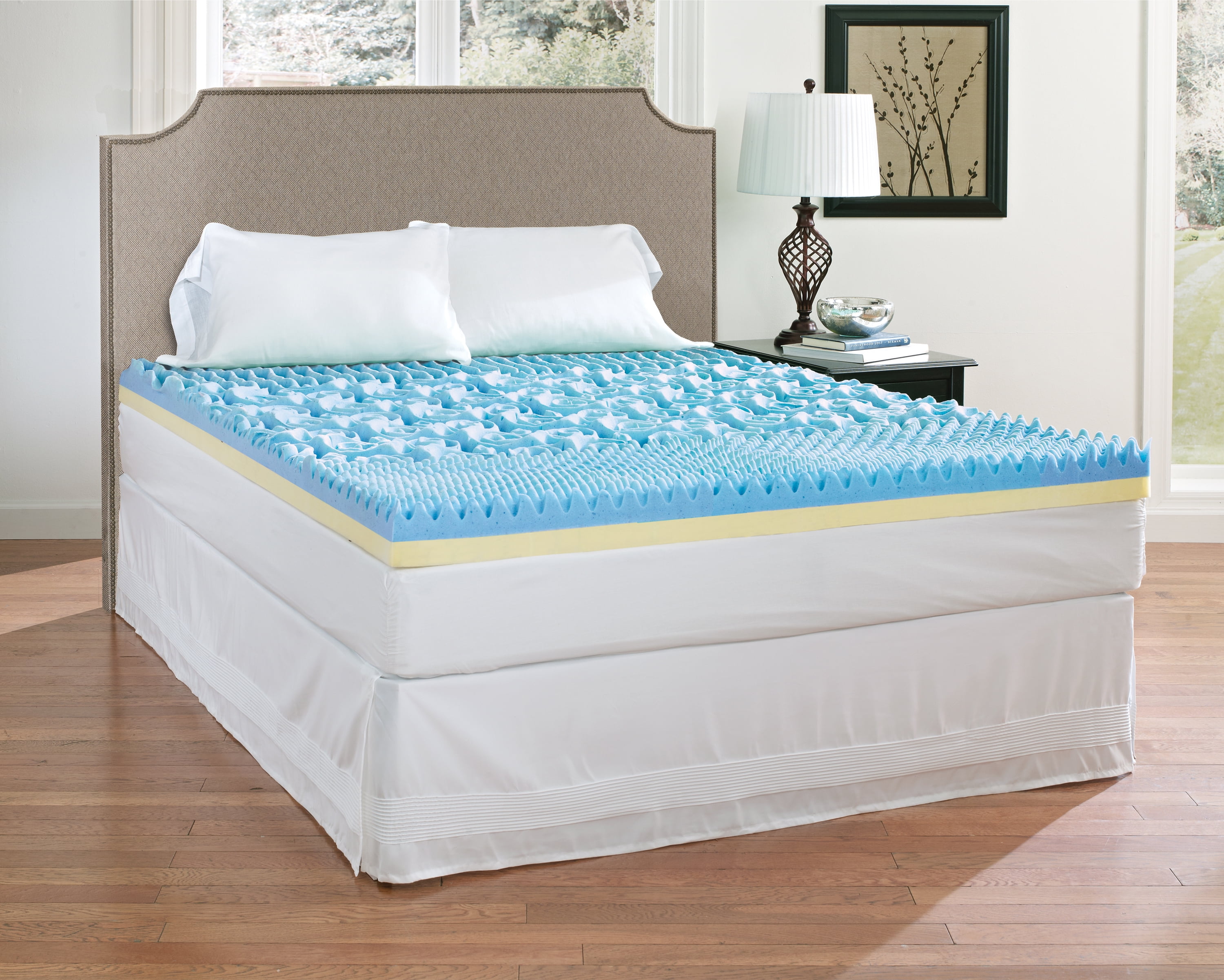Dealing with ants in the kitchen sink can be a frustrating and unhygienic problem. Not only are they unsightly, but they can also contaminate food and surfaces with bacteria. If you're tired of seeing these tiny pests scurrying around your kitchen, here are some effective ways to get rid of them. Ants in the kitchen sink can be a nuisance, but don't worry, we've got you covered!1. How to Get Rid of Ants in the Kitchen Sink
If you're looking for a chemical-free solution to your ant problem, there are several natural remedies you can try. One option is to sprinkle a line of diatomaceous earth around the sink. This non-toxic powder can dehydrate and kill ants on contact. You can also mix equal parts of white vinegar and water in a spray bottle and use it to wipe down your sink and surrounding area. The strong scent of vinegar can repel ants and disrupt their pheromones, making it harder for them to communicate and gather in your sink.2. Natural Ways to Eliminate Ants in the Kitchen Sink
The best way to deal with ants in the kitchen sink is to prevent them from entering in the first place. Keep all food tightly sealed in containers, and regularly wipe down your sink and counters to remove any food residue. Ants are also attracted to moisture, so make sure to fix any leaks or drips in your sink and keep it dry as much as possible. Additionally, sealing any cracks or holes in your kitchen walls and floors can prevent ants from entering your home.3. Preventing Ants from Invading Your Kitchen Sink
If you have a severe ant problem in your kitchen sink, you may need to set up traps to eliminate the colony. You can make your own DIY ant traps using baking soda and powdered sugar. Mix equal parts of both and place the mixture in a shallow dish near the sink. Ants will be attracted to the sugar but will be killed by the baking soda. You can also use borax mixed with honey or syrup as bait. Just remember to keep these traps out of reach of children and pets.4. DIY Ant Traps for the Kitchen Sink
There are various types of ants that may invade your kitchen sink, and it's essential to identify the species to determine the best course of action. Carpenter ants are attracted to damp and decaying wood, so they may be nesting in or around your sink. Pharaoh ants are small and often found in dark, moist areas like drains. Odorous house ants leave a distinct smell when crushed and are often found in kitchens. Knowing which type of ant you're dealing with can help you choose the most effective treatment.5. Common Types of Ants Found in Kitchen Sinks
Kitchen sinks provide the perfect environment for ants to thrive. They offer a steady supply of food and water, as well as shelter and warmth. Additionally, the damp and dark conditions of sinks and drains make it an ideal nesting spot for some ant species. It's essential to address any underlying issues, such as leaks or food residue, to prevent ants from being attracted to your sink in the first place.6. Why Do Ants Like to Gather in Kitchen Sinks?
Regularly cleaning and disinfecting your kitchen sink can help deter ants from gathering in it. Use hot water and soap to scrub away any food residue, and then follow up with a solution of bleach and water to kill any lingering bacteria. You can also use a mixture of lemon juice and water to both disinfect and add a fresh scent to your sink.7. How to Clean and Disinfect Your Kitchen Sink to Deter Ants
Essential oils are known for their strong scents and can be effective in repelling ants from your kitchen sink. Some oils that are particularly good at deterring ants include peppermint, lemongrass, and tea tree. You can mix a few drops of these oils with water in a spray bottle and use it to wipe down your sink and surrounding areas. You can also soak cotton balls in the oils and place them near the sink as a natural repellent.8. Using Essential Oils to Repel Ants from Your Kitchen Sink
If your ant problem persists or becomes too overwhelming, it may be time to call in professional pest control services. They have the expertise and equipment to identify the type of ants you're dealing with and apply the most effective treatment. They may also offer preventative measures to keep ants from returning in the future.9. Professional Pest Control Options for Ants in the Kitchen Sink
Once you've successfully eliminated ants from your kitchen sink, it's important to take steps to prevent them from returning. Regularly clean and disinfect your sink, keep it dry, and fix any leaks or cracks. You can also use natural remedies, such as essential oils, as a deterrent. By following these tips, you can keep your kitchen sink ant-free and maintain a clean and hygienic environment in your home.10. Tips for Keeping Your Kitchen Sink Ant-Free
How to Keep Ants Out of Your Kitchen Sink
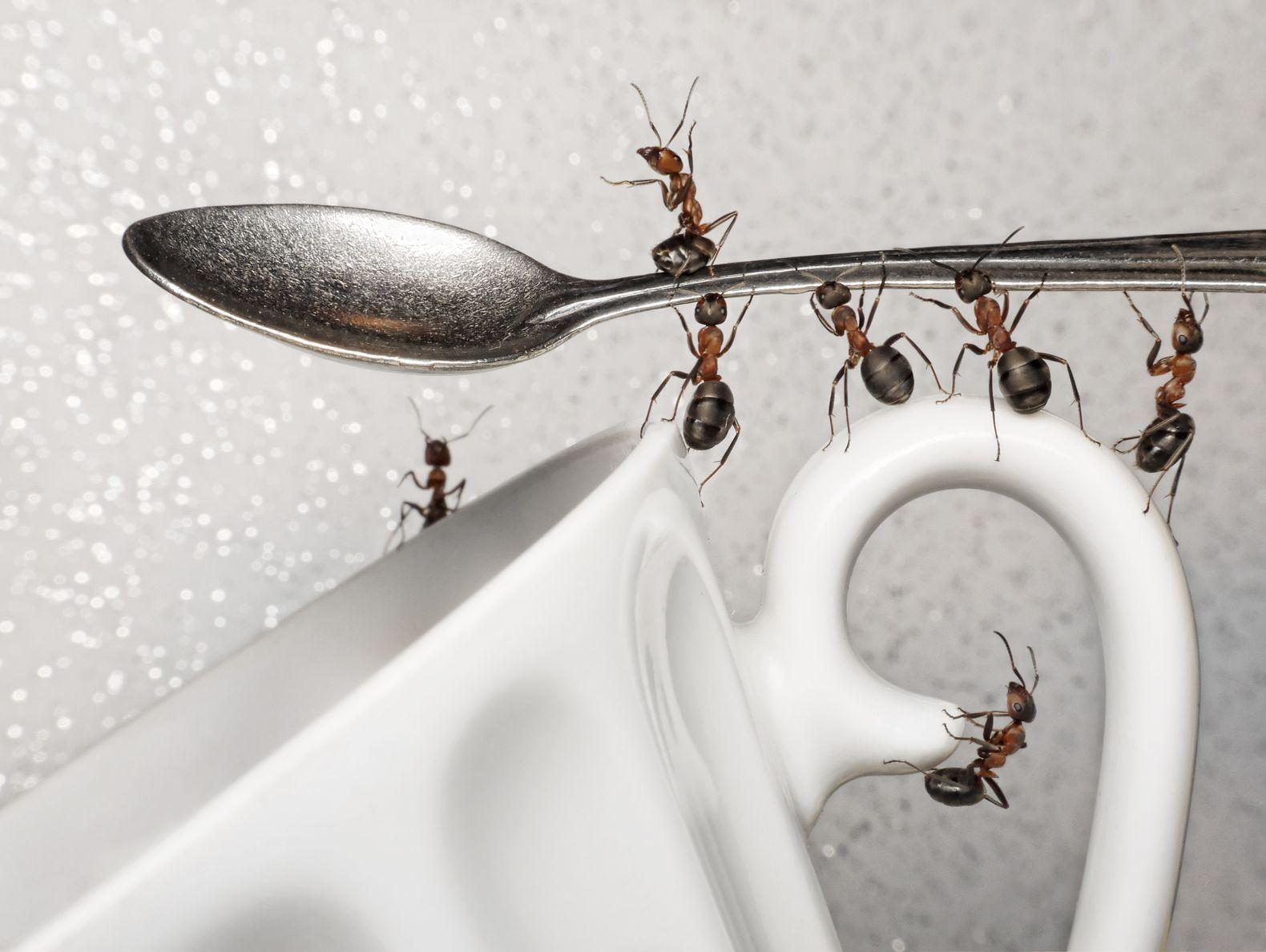
Preventing Ants in Your Kitchen Sink
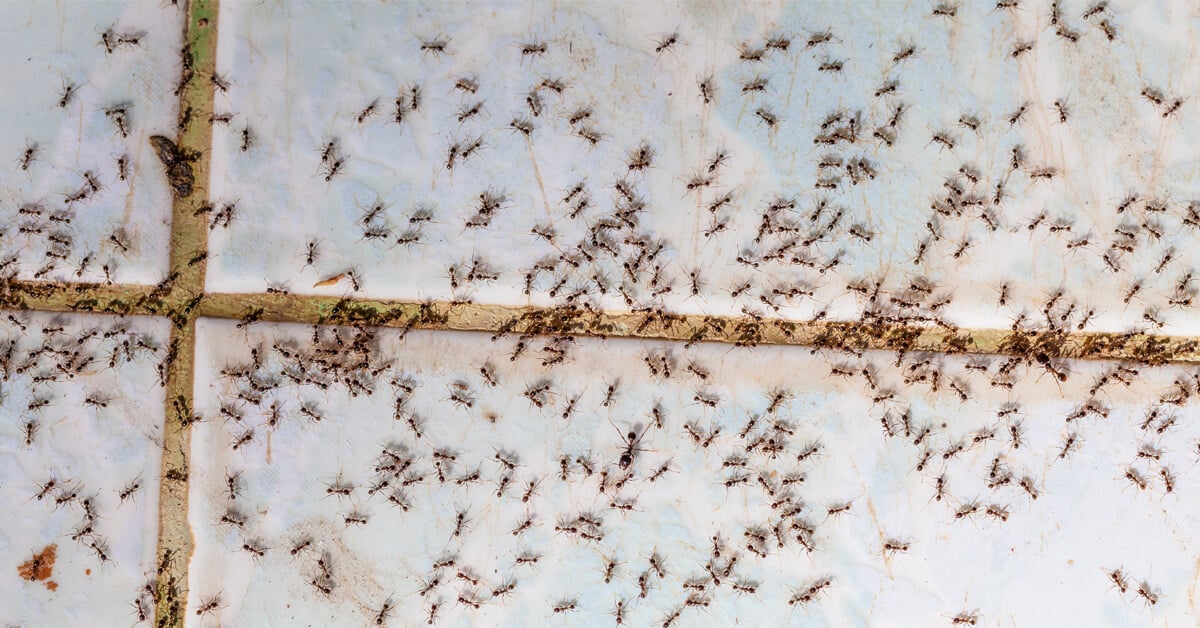 Ants are a common household pest that can quickly become a nuisance in the kitchen. Not only are they unsightly, but they can also contaminate your food and dishes. One of the most common places to find ants in the kitchen is in the sink. But fear not, there are steps you can take to prevent ants from invading your kitchen sink and keep your home free of these pesky insects.
Ants are a common household pest that can quickly become a nuisance in the kitchen. Not only are they unsightly, but they can also contaminate your food and dishes. One of the most common places to find ants in the kitchen is in the sink. But fear not, there are steps you can take to prevent ants from invading your kitchen sink and keep your home free of these pesky insects.
First and foremost, it's important to understand why ants are attracted to your kitchen sink. One of the main reasons is the presence of food particles and moisture. Ants are constantly on the hunt for sources of food and water, and your kitchen sink may provide them with both. Other factors that can attract ants to your sink include dirty dishes, spills, and cracks or gaps in your sink or countertop.
To prevent ants from entering your kitchen sink, start by keeping it clean and dry. After doing the dishes, be sure to wipe down the sink and countertops to remove any food residue. Fix any leaks or drips in your sink to eliminate a potential water source for ants. Additionally, make sure to take out the trash regularly and keep your kitchen garbage can clean and sealed tightly.
Sealing Entry Points

Another important step in preventing ants in your kitchen sink is to seal any potential entry points. Ants can enter your home through even the smallest cracks and crevices, so it's important to regularly check and seal any gaps in your sink or countertop. You can also use caulk or weather stripping to seal any openings around windows and doors.
It's also a good idea to store food properly and keep it out of reach of ants. This includes sealing food in airtight containers and wiping down counters and cabinets regularly. Ants can also be deterred by certain scents, such as peppermint, vinegar, and citrus. Consider using natural deterrents like these around your sink and kitchen to keep ants at bay.
Dealing with an Ant Infestation
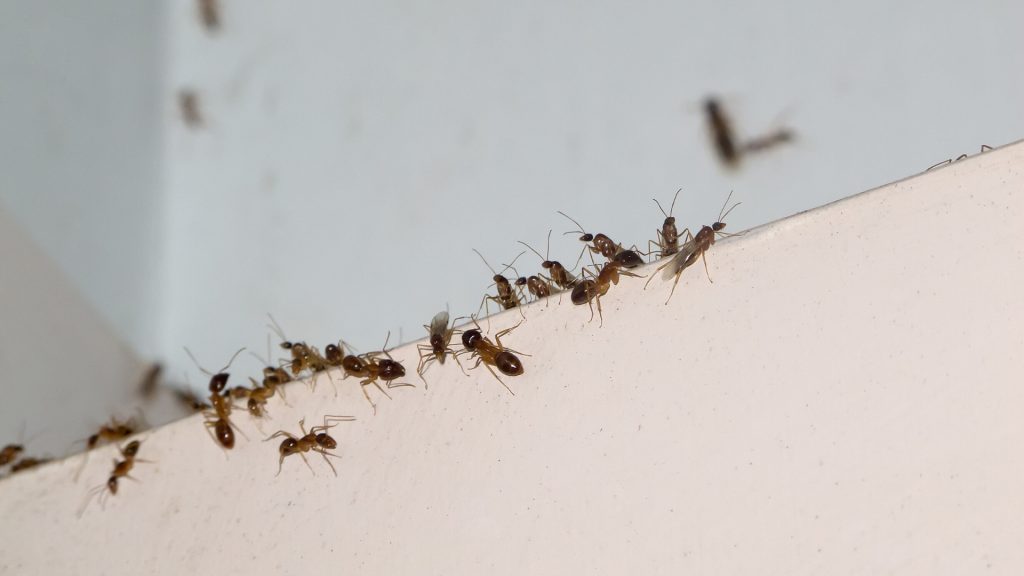
If you already have an ant infestation in your kitchen sink, it's important to take action immediately. Using pesticide sprays or traps can be effective in getting rid of ants, but be sure to use them safely and according to the instructions. You can also try natural remedies like diatomaceous earth or borax, which are non-toxic to humans but deadly to ants.
Ultimately, the best way to prevent ants in your kitchen sink is to maintain a clean and dry environment. By regularly cleaning and sealing entry points, you can keep ants out of your sink and protect your home from these unwanted pests. With these tips, you can enjoy a clean and pest-free kitchen that is both functional and inviting.
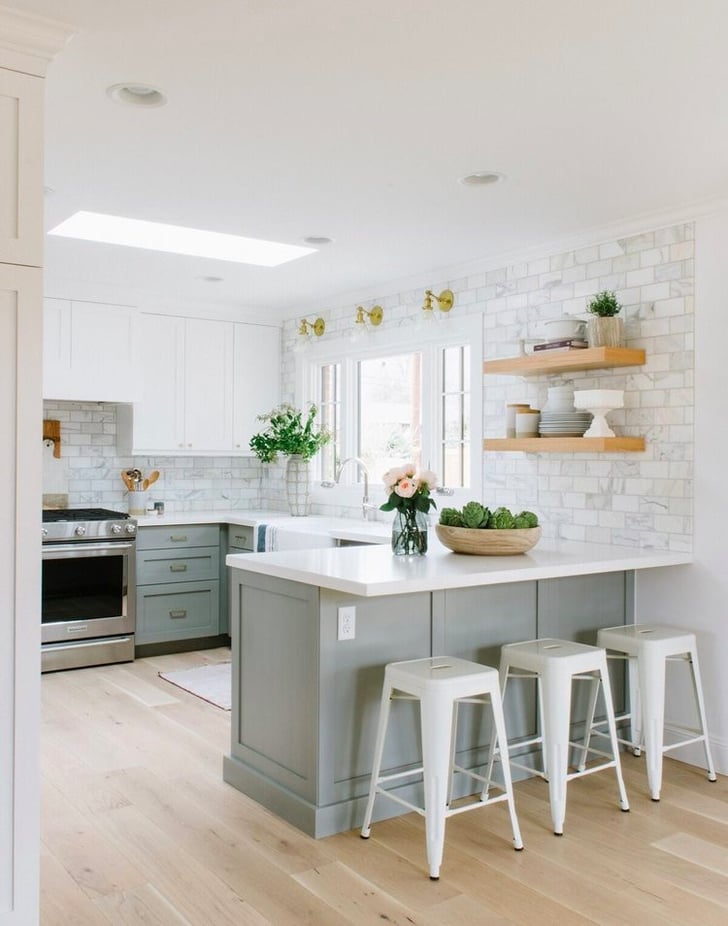


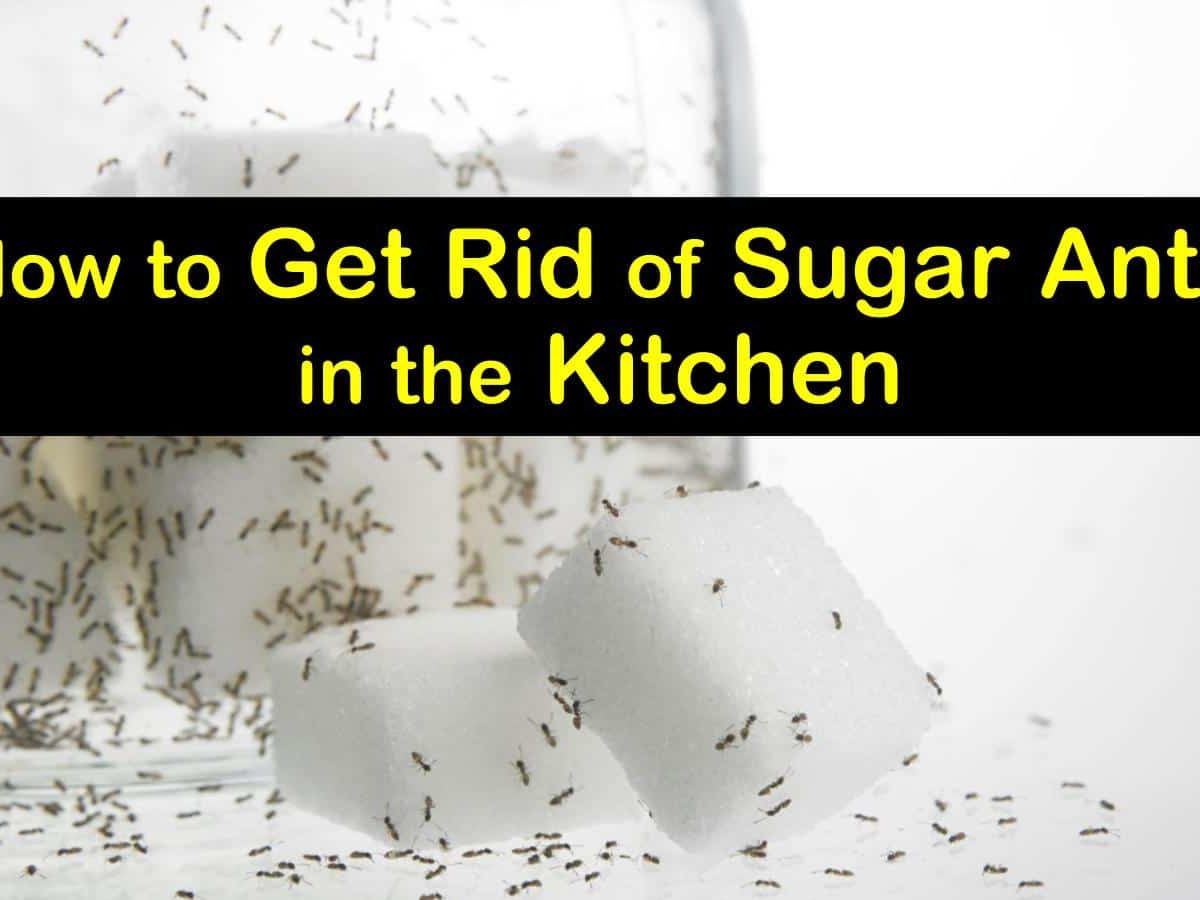
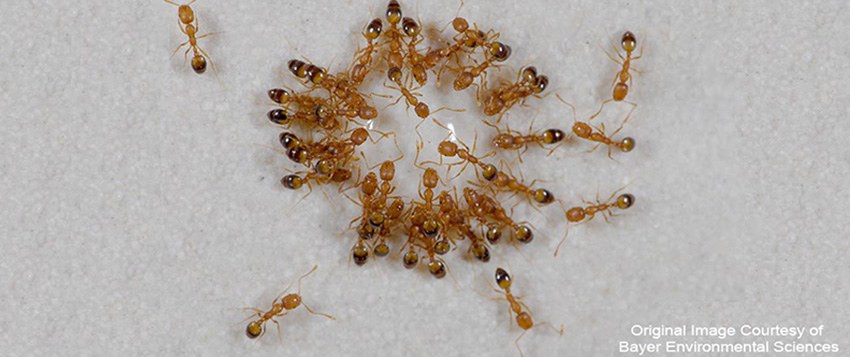
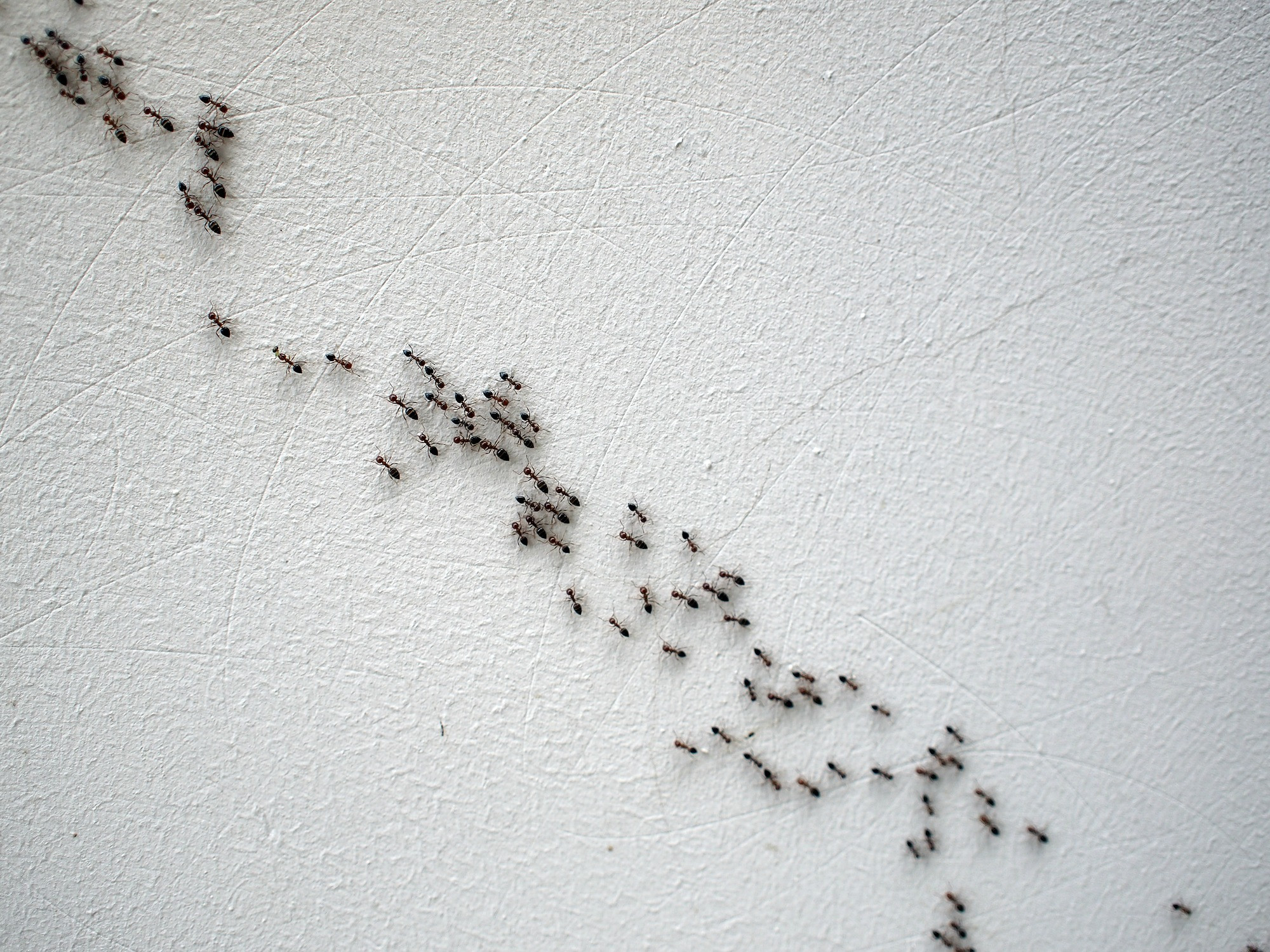

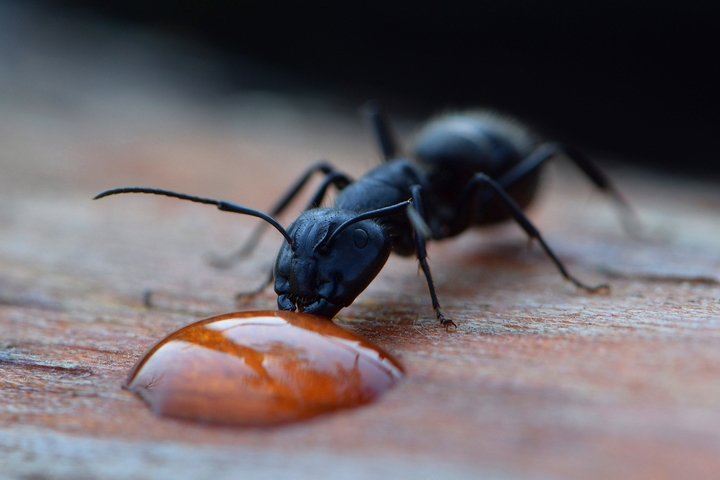

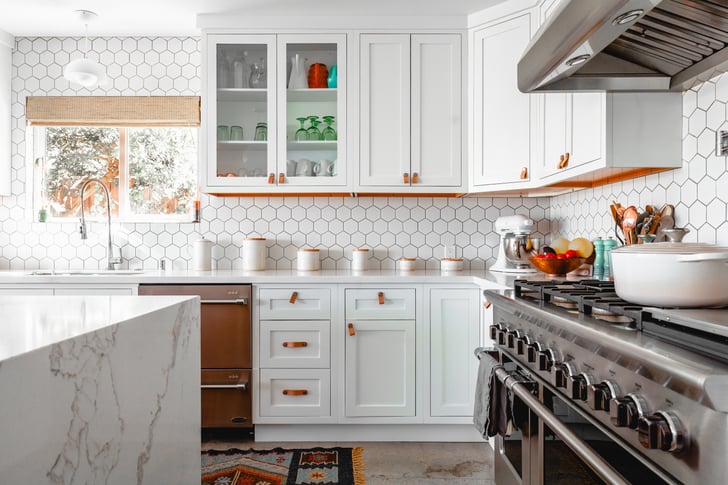
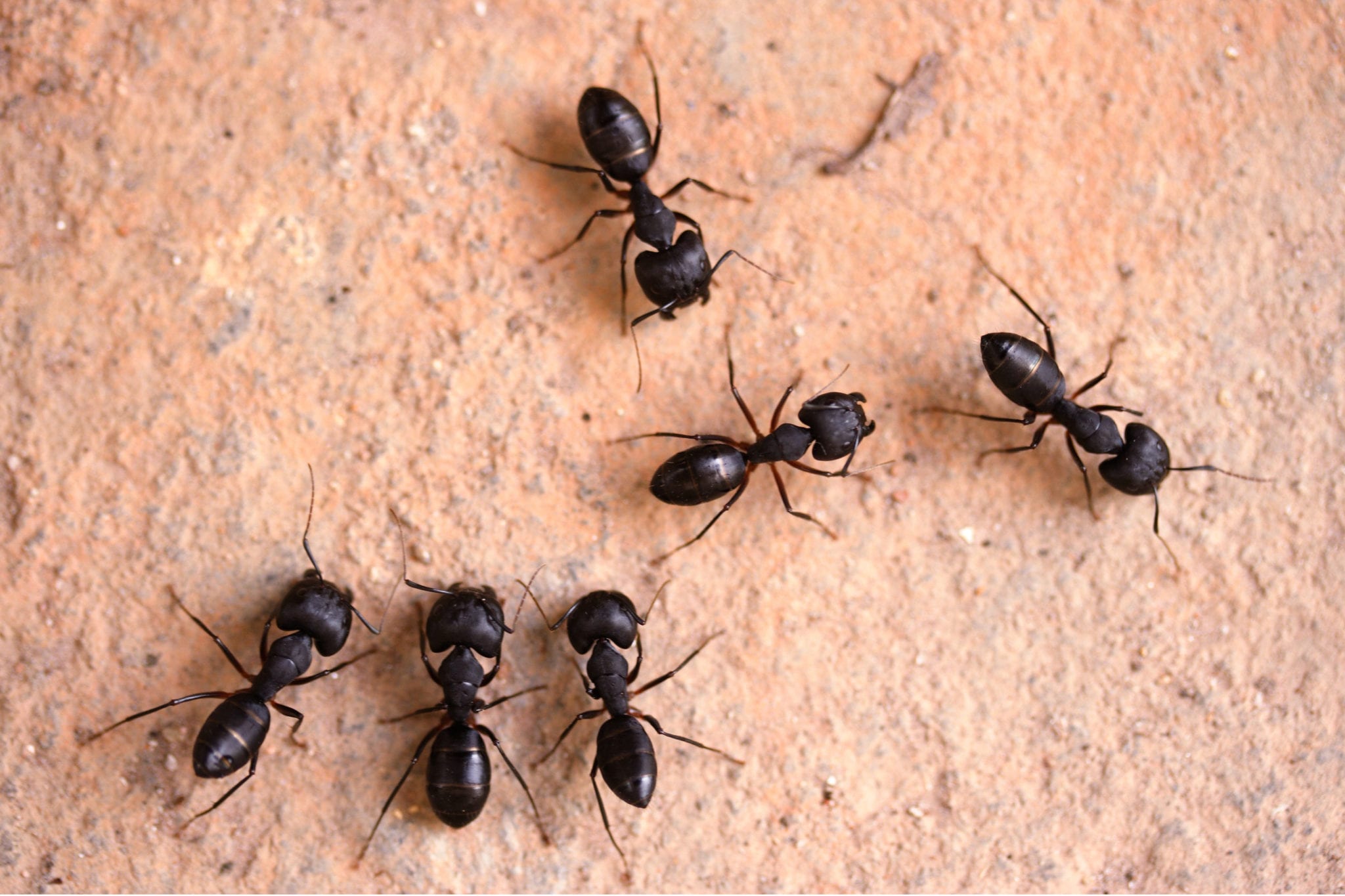
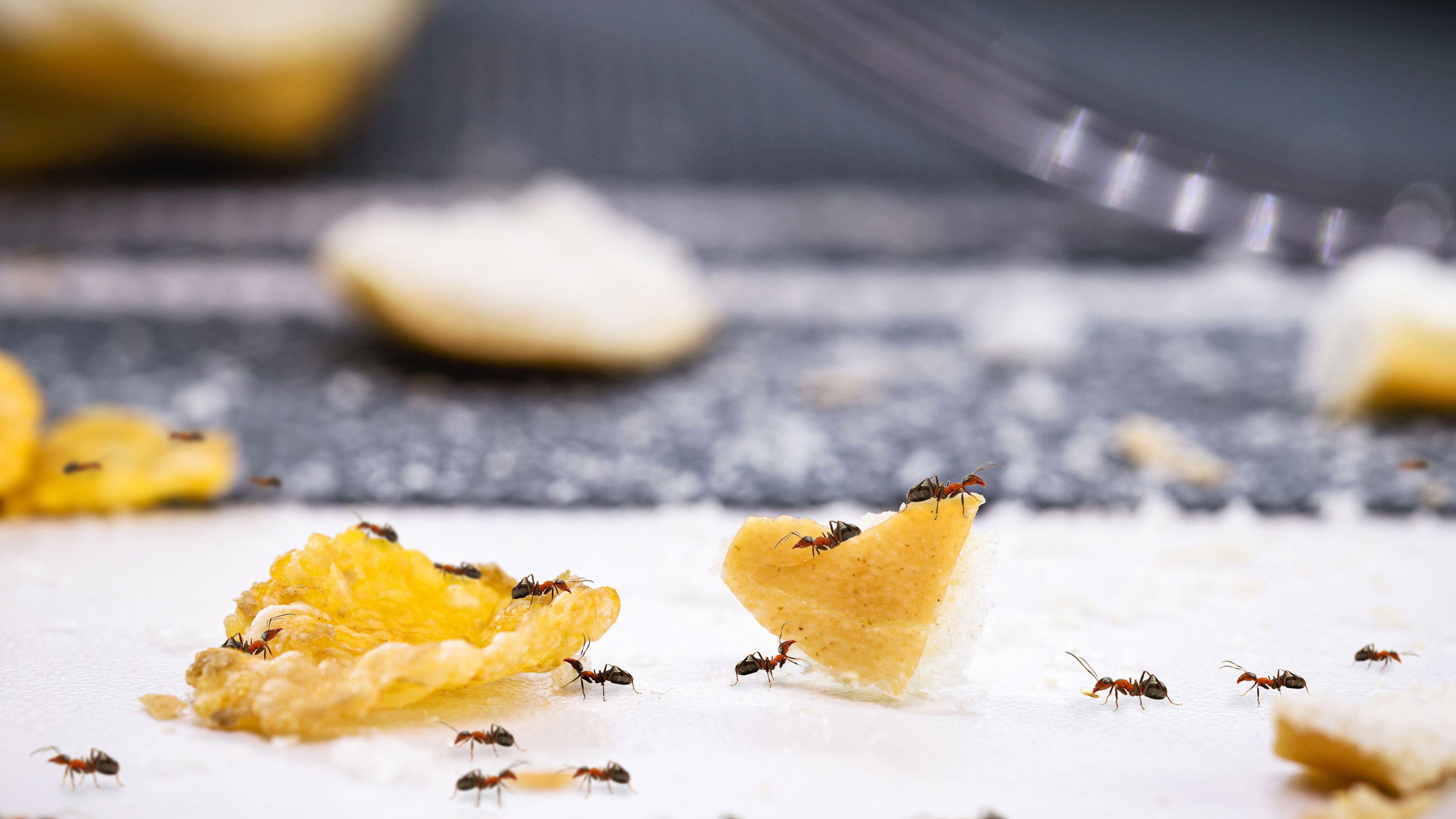


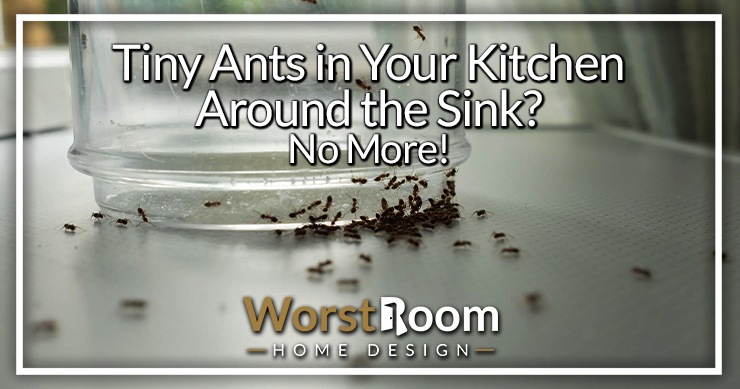

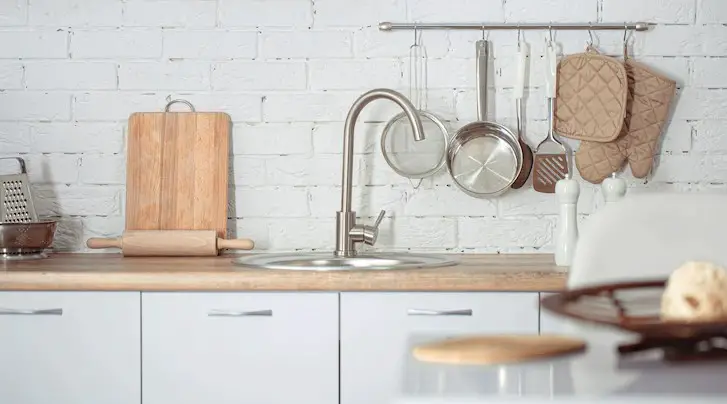
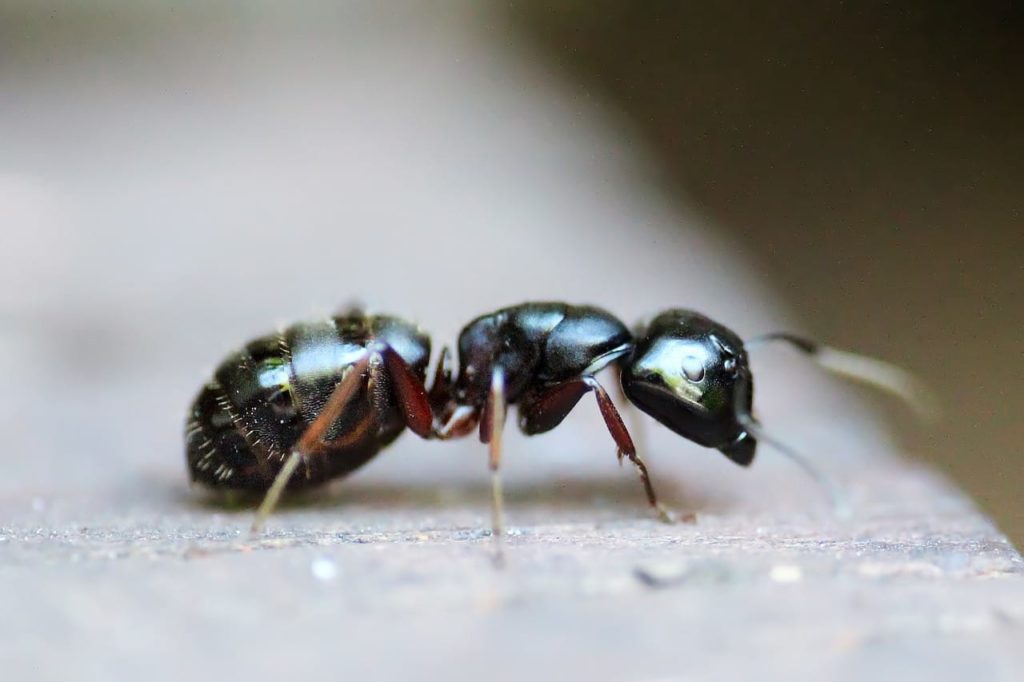



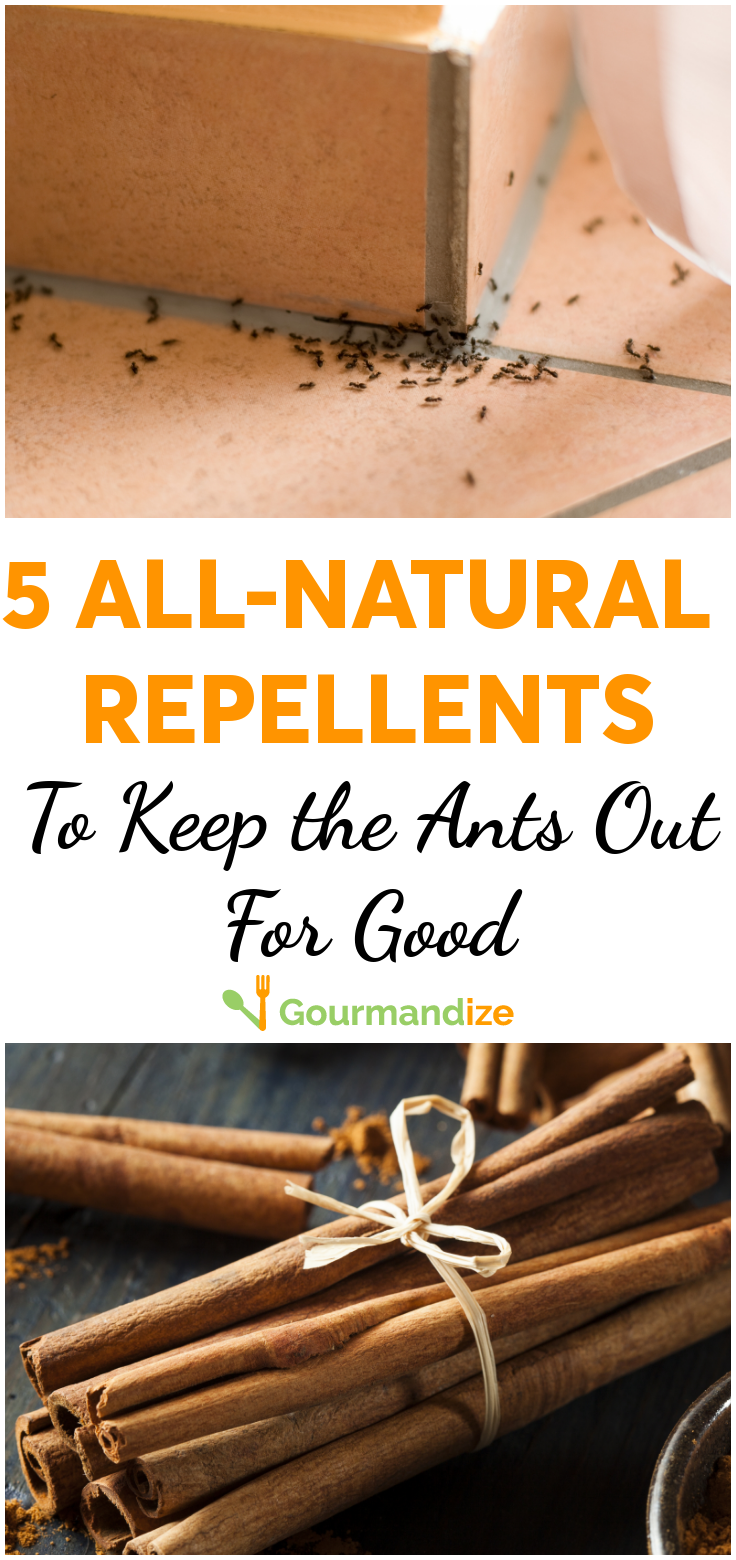

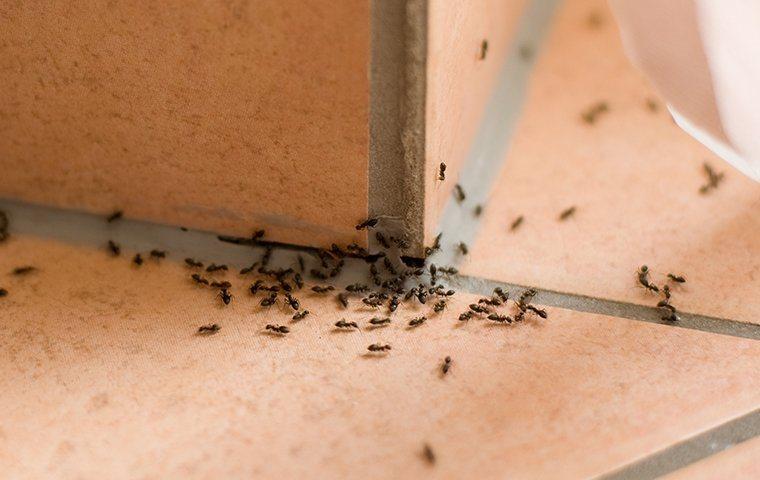
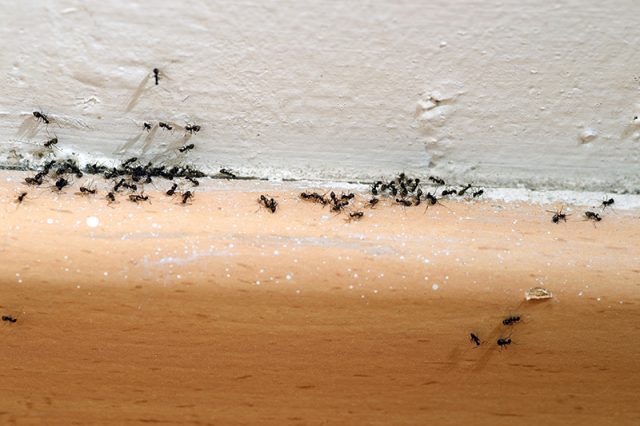
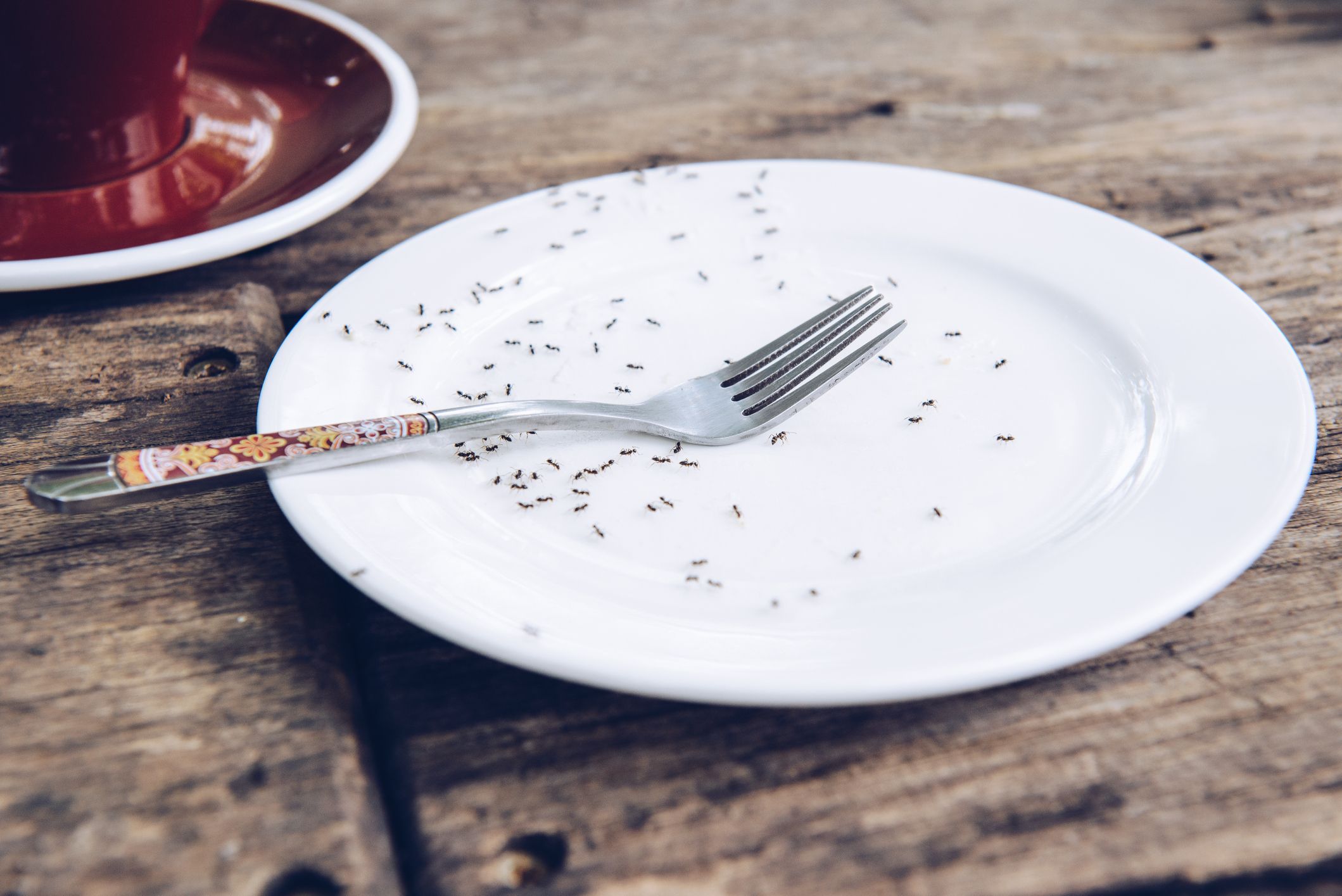
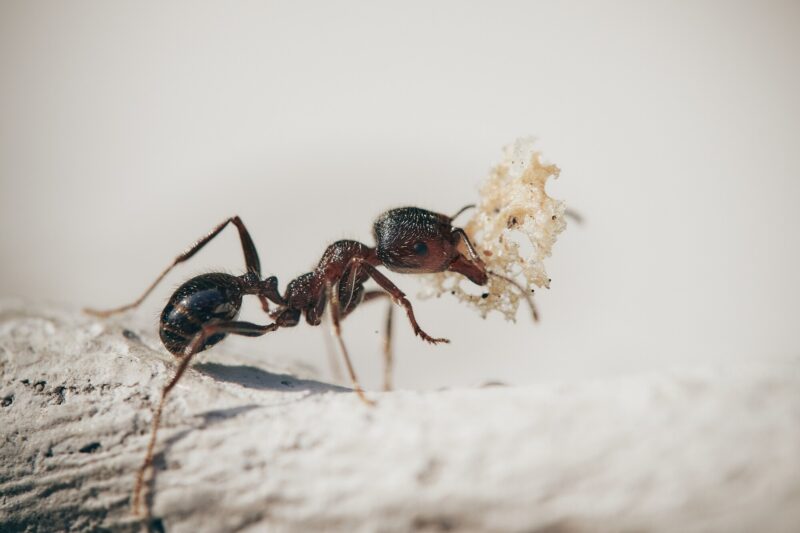
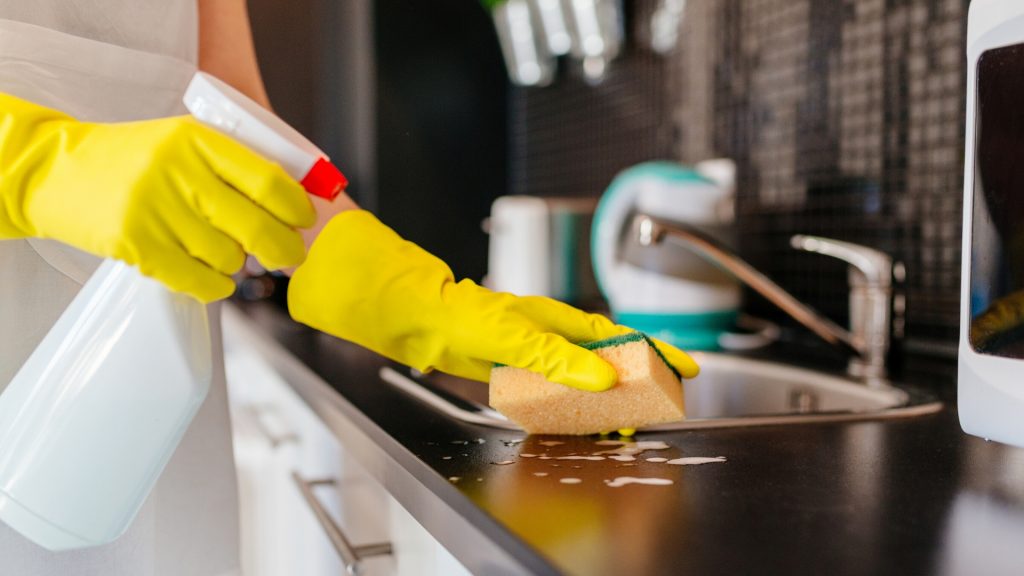

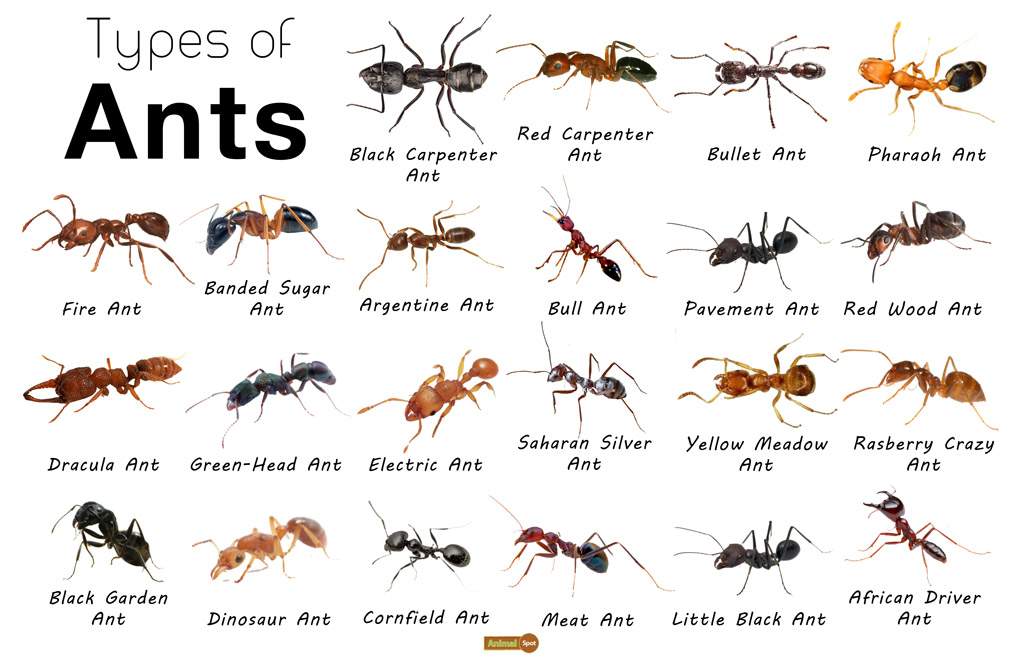

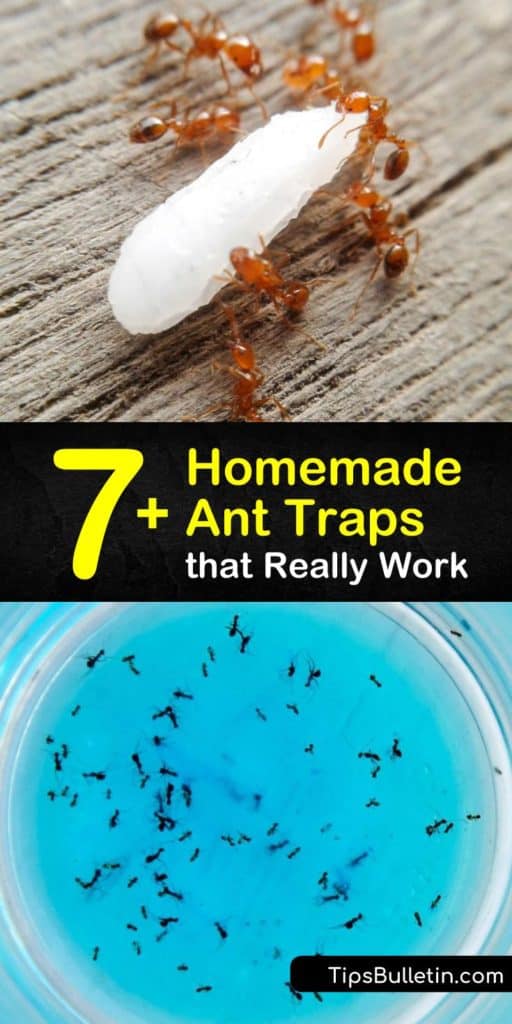


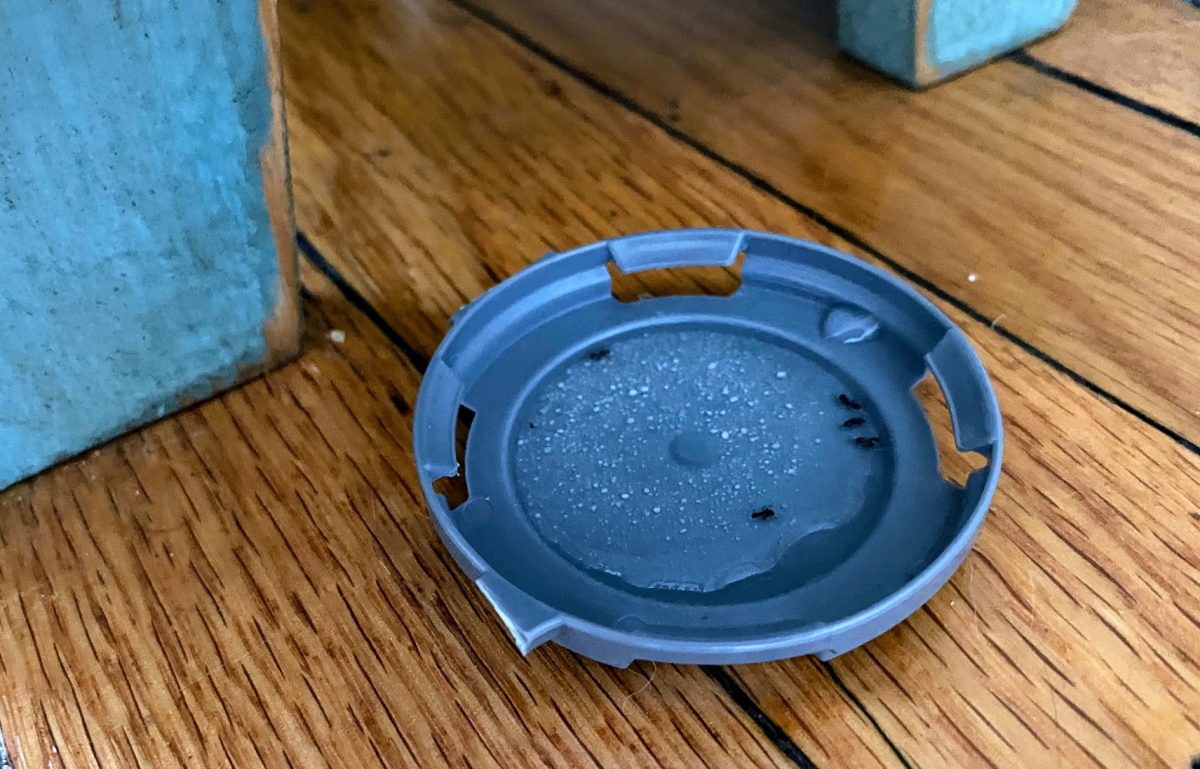
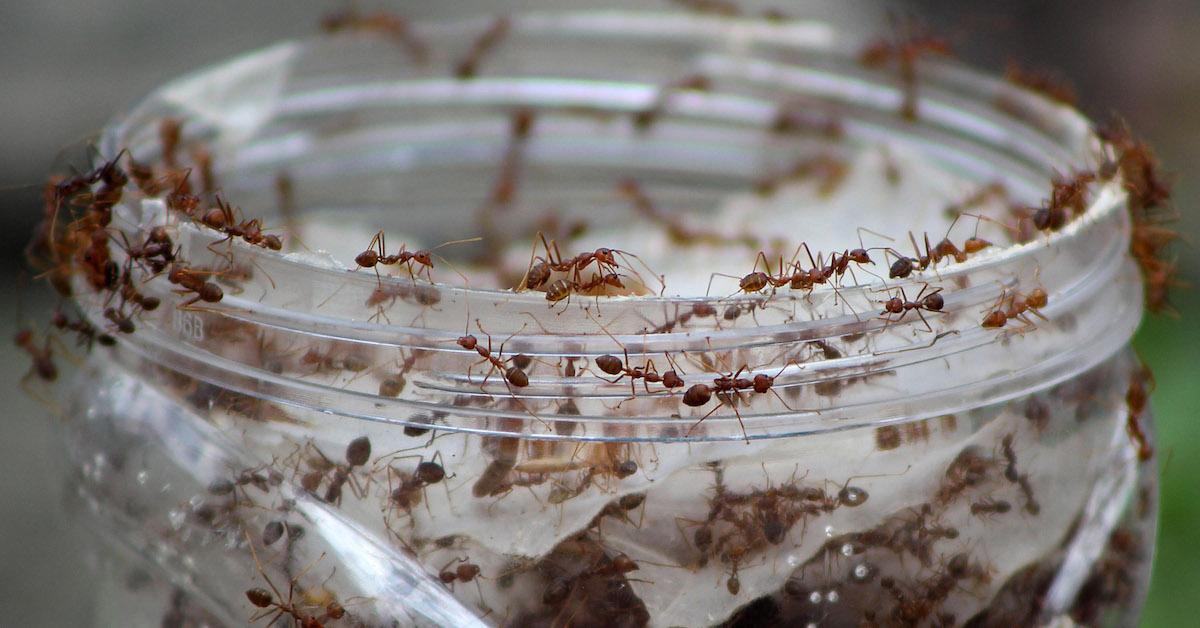
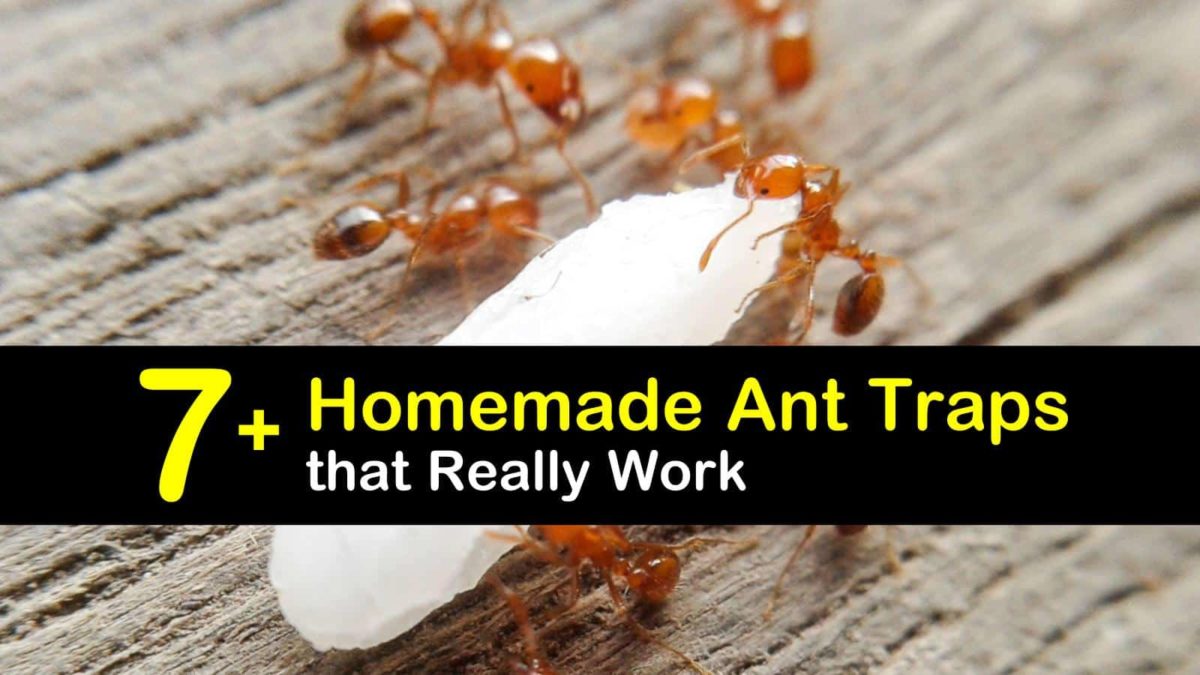
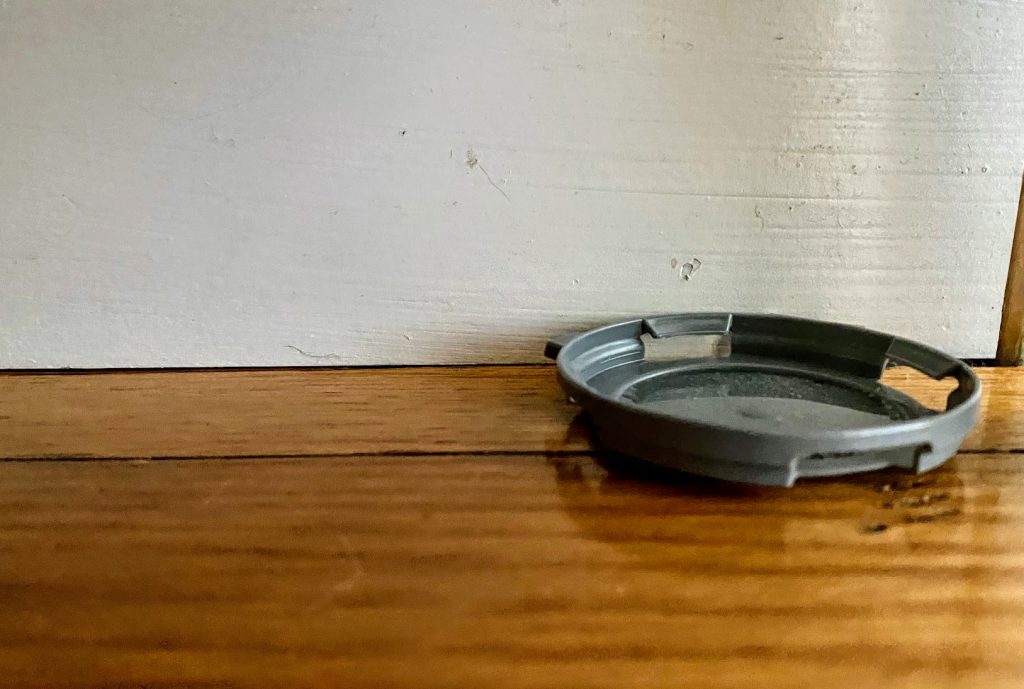
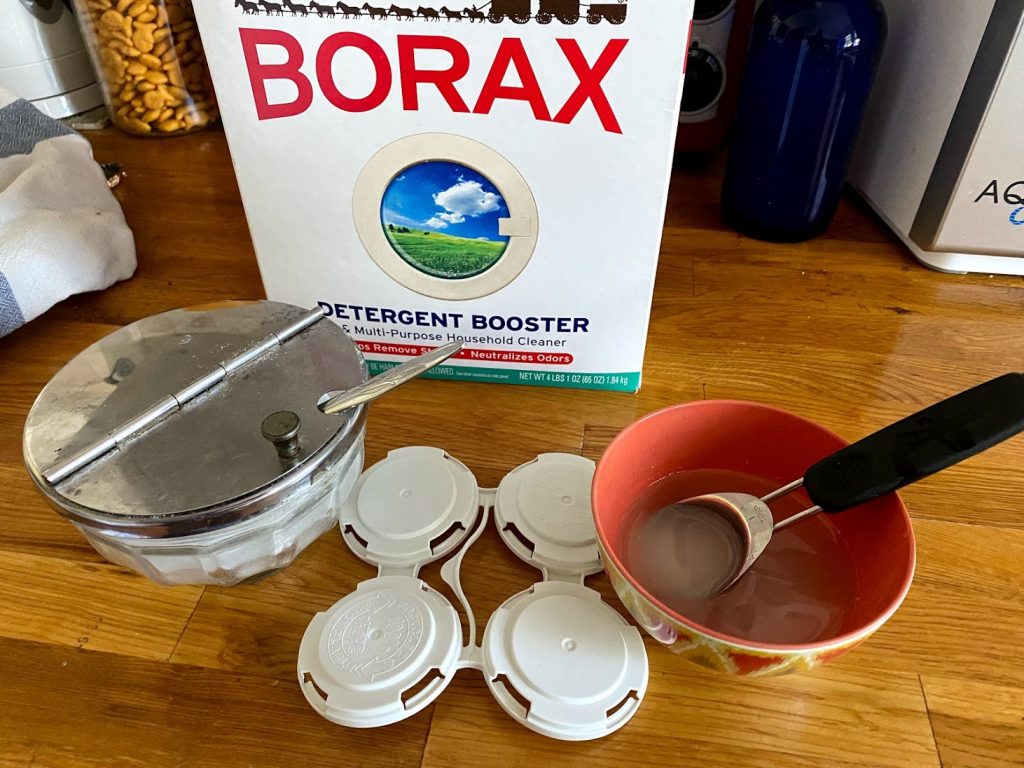



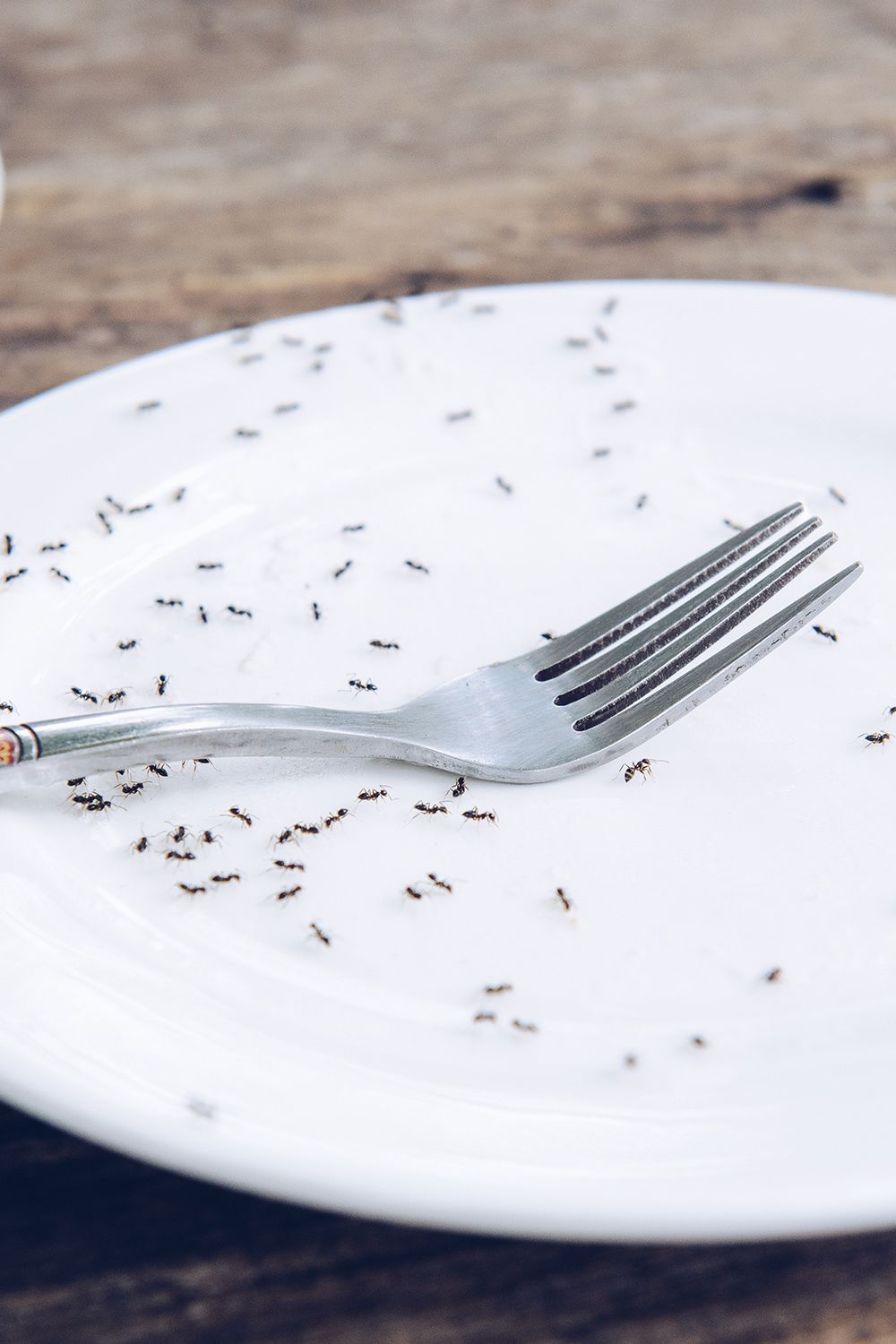

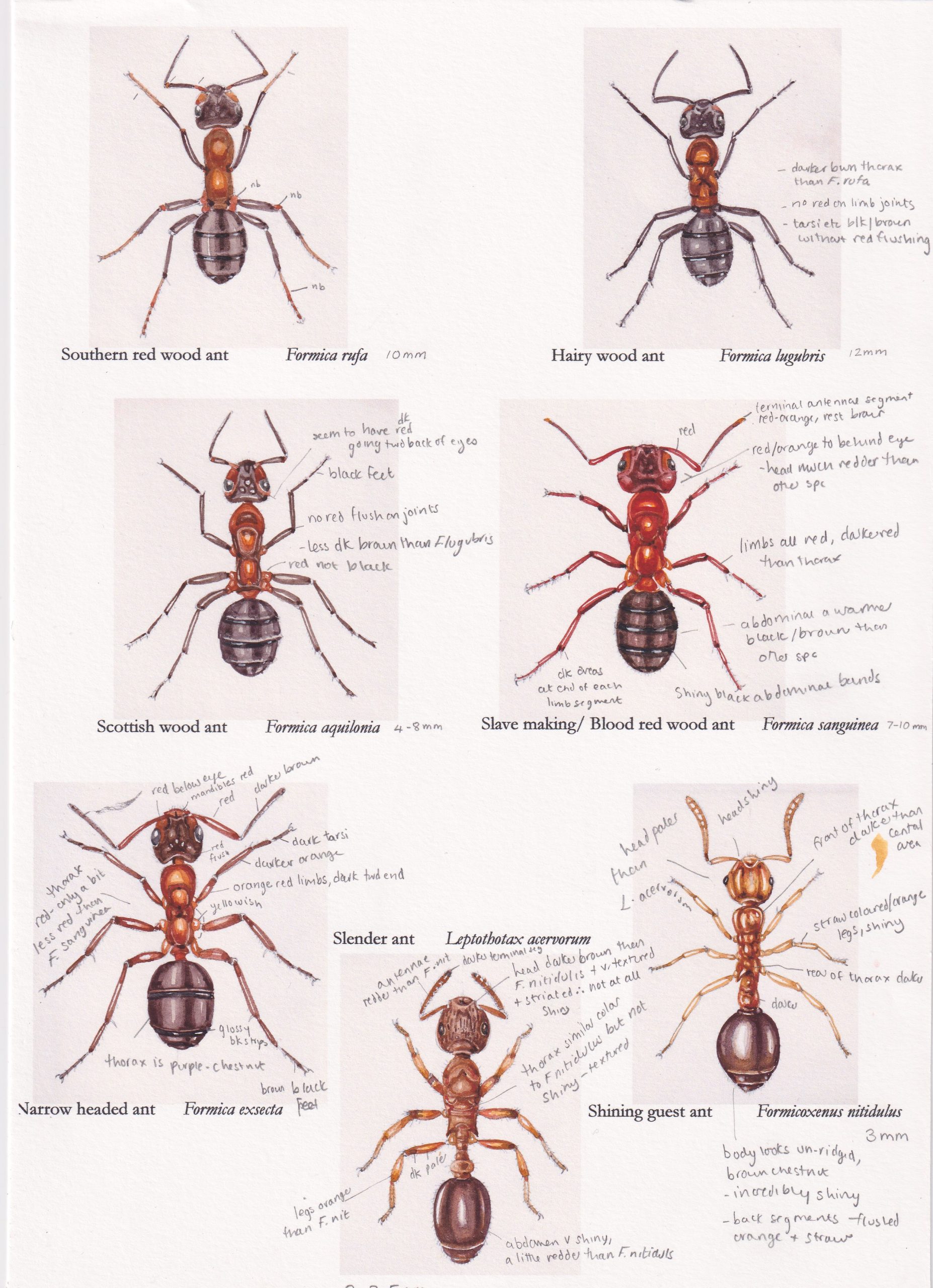
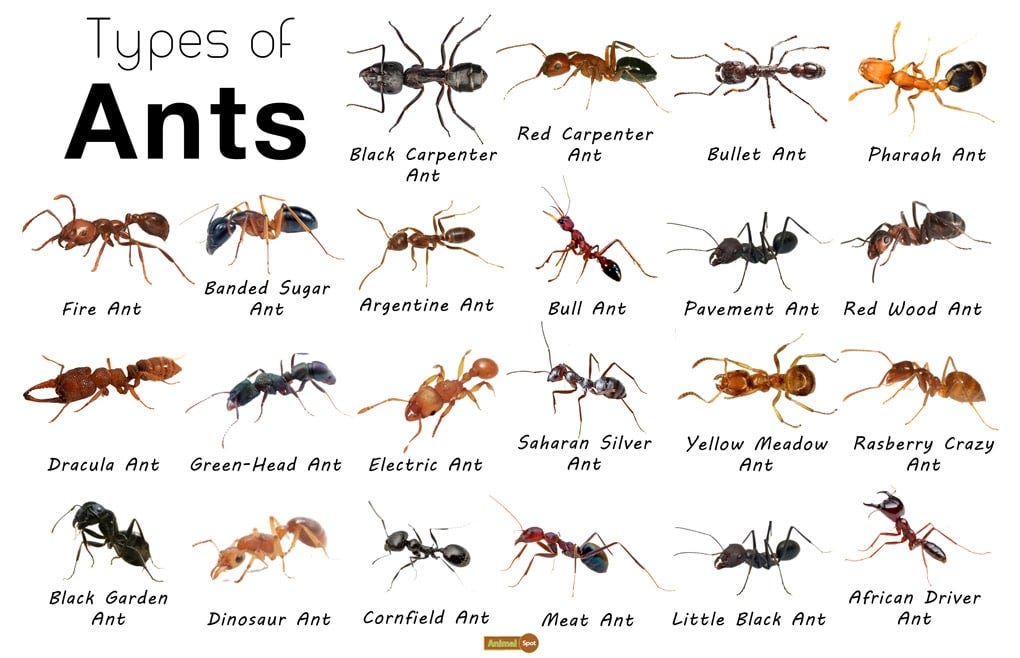
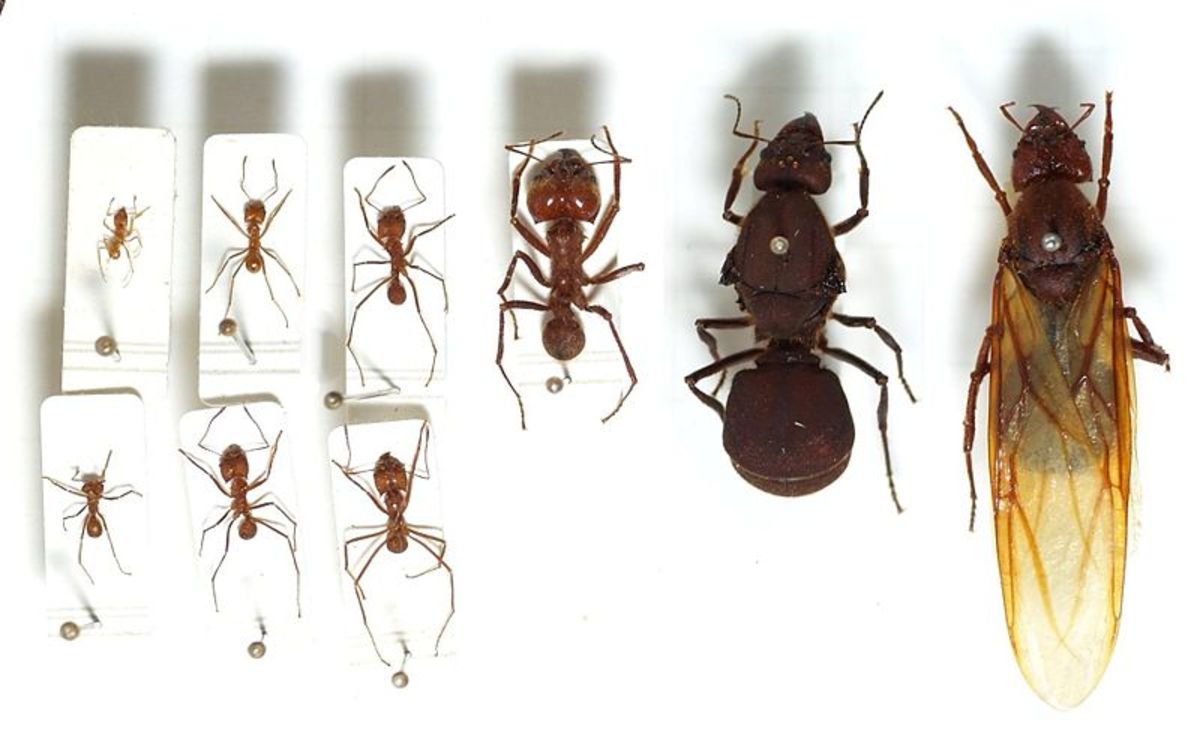
/Getting-rid-of-ants-at-home-2656296-V2-8e3db57a6ee44c5c9bfde226ac38f73c.png)

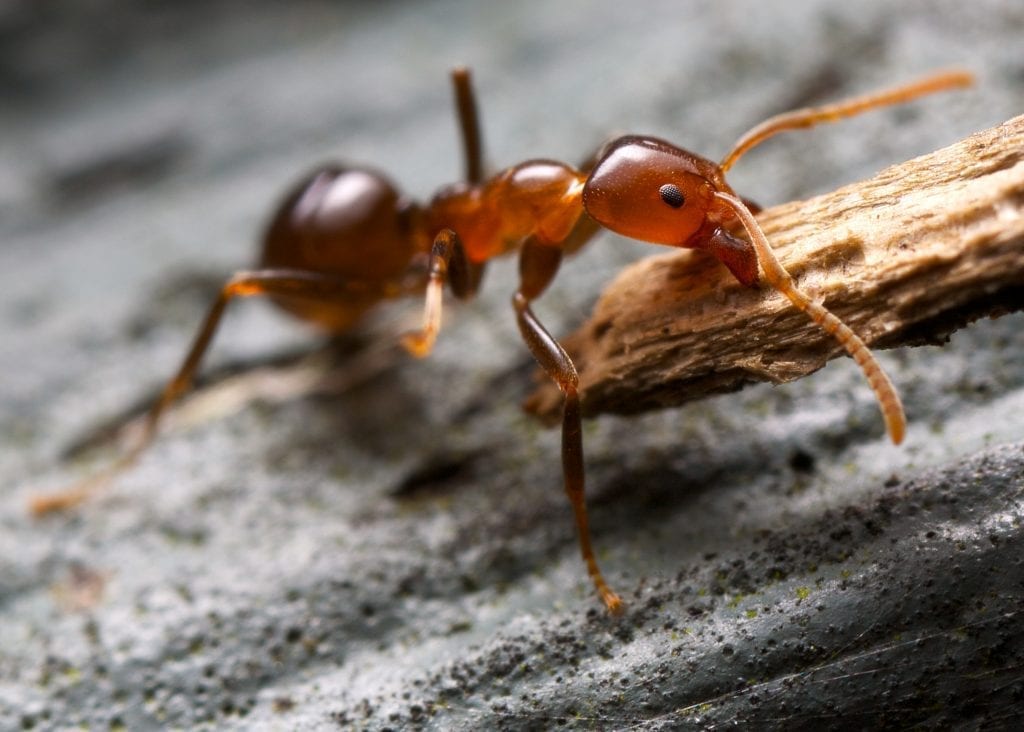




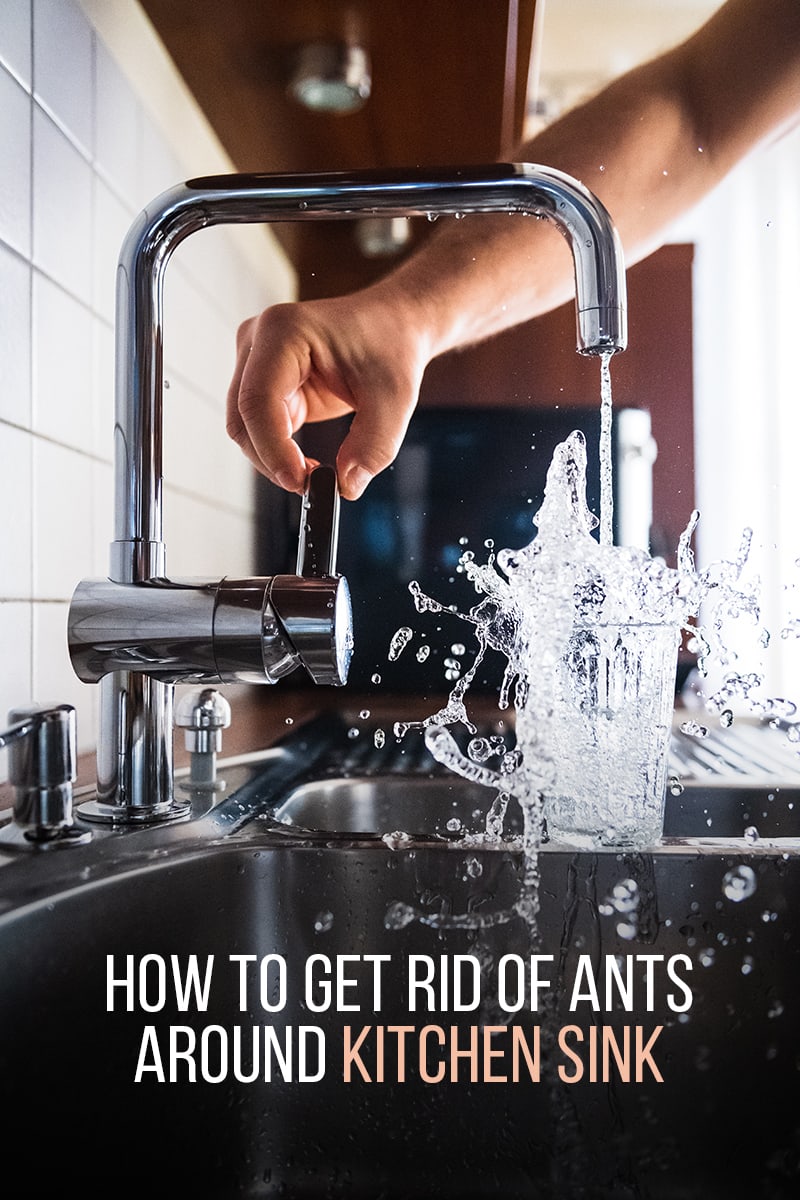
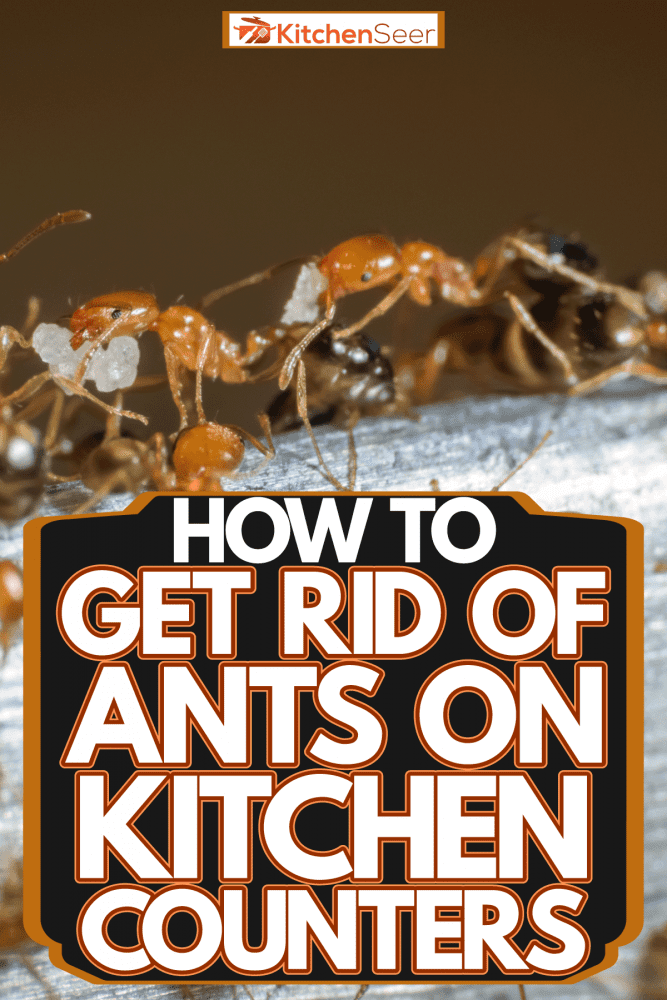

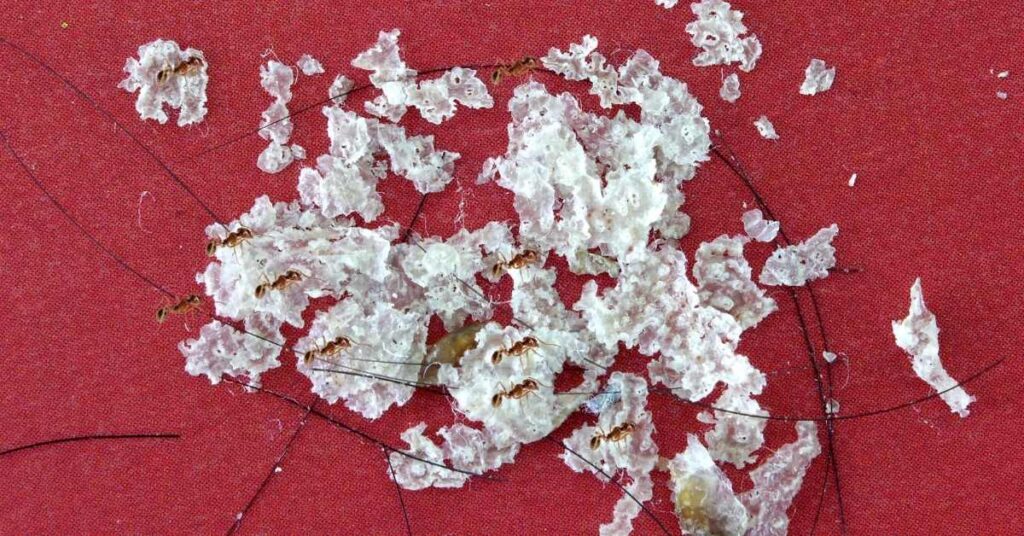
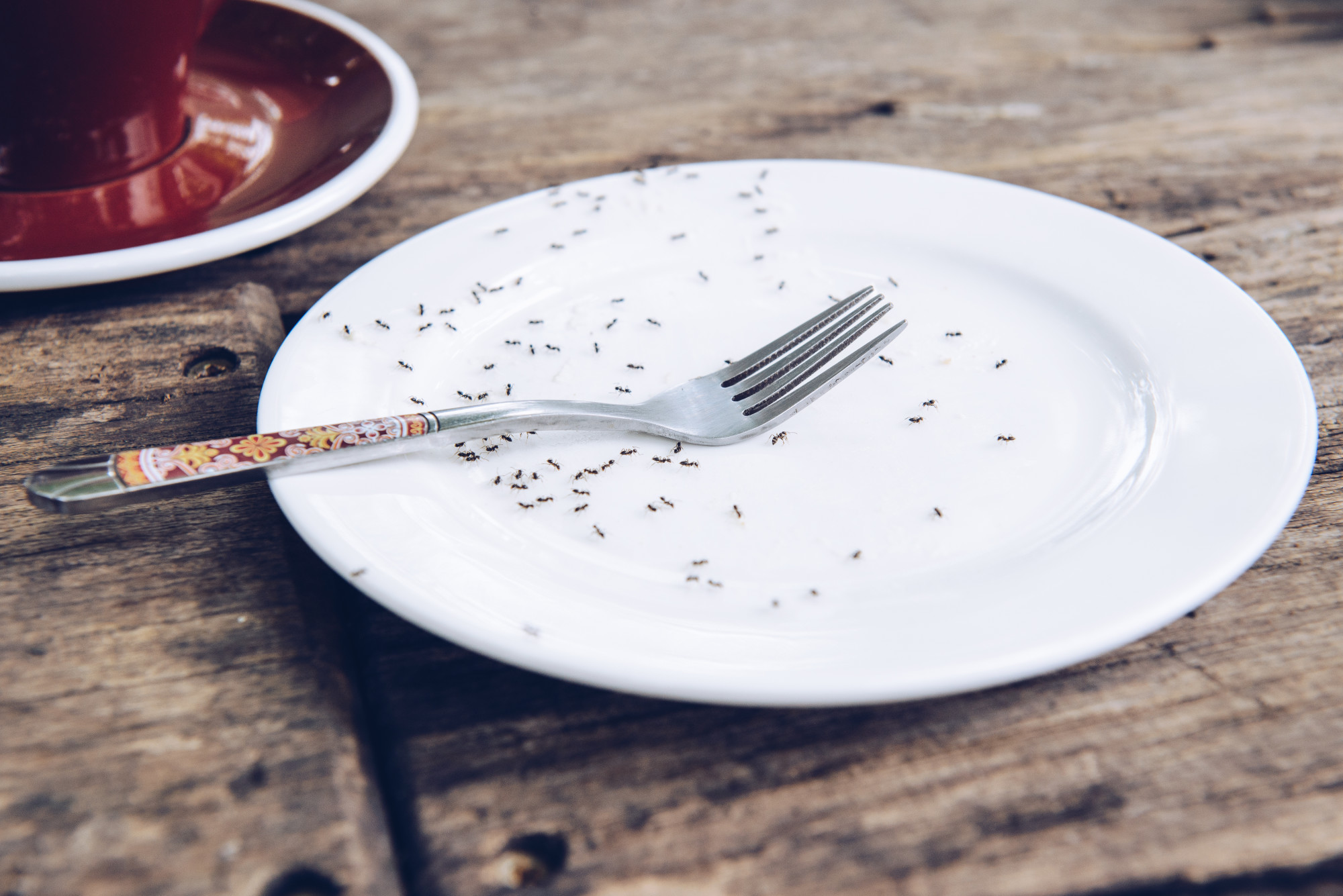



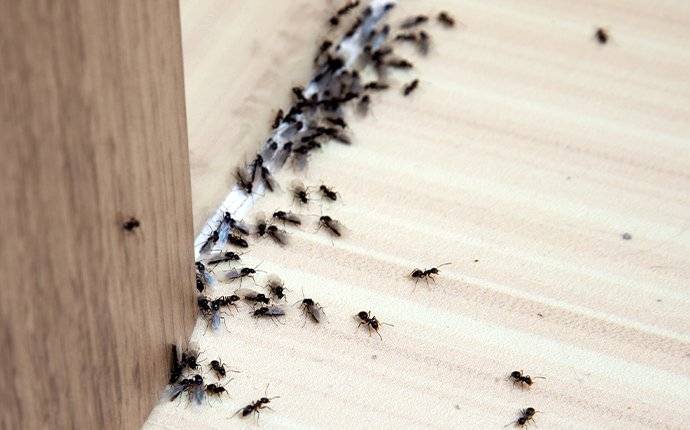
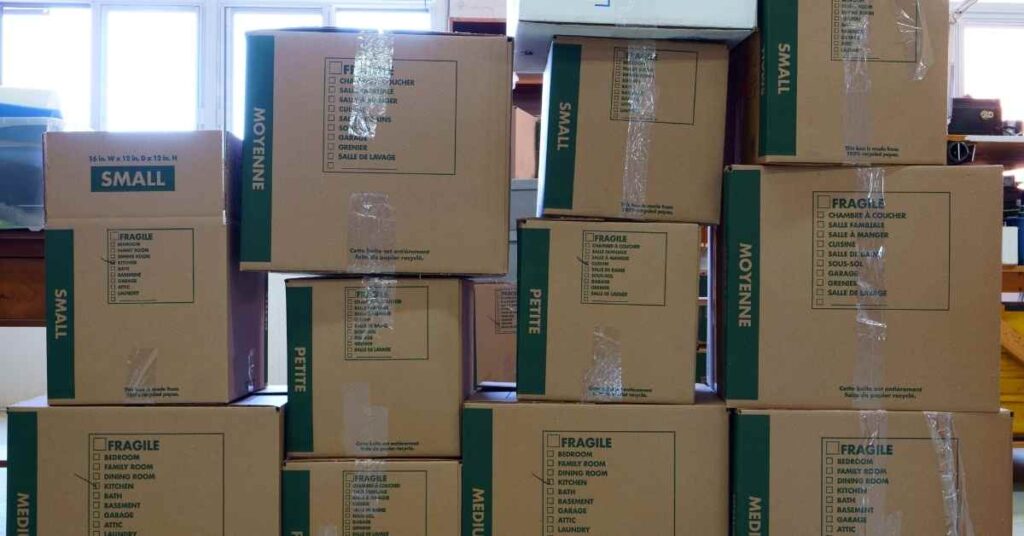




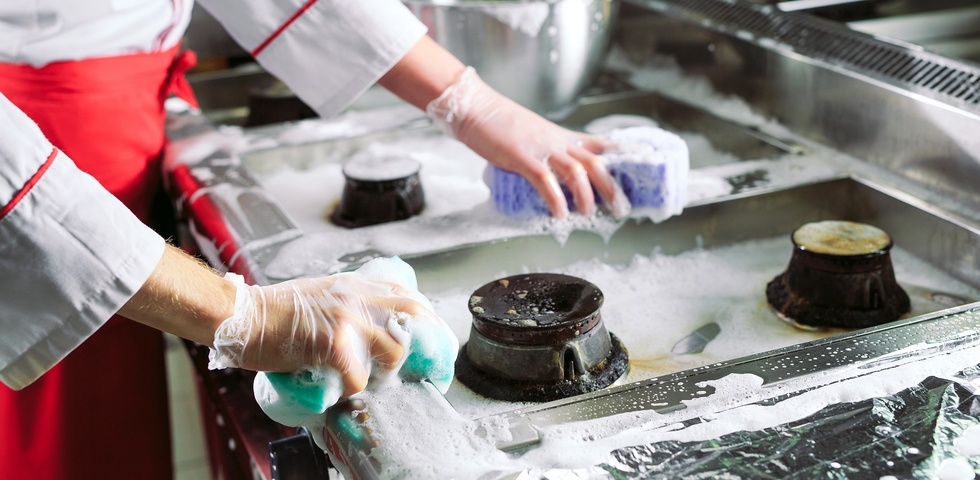
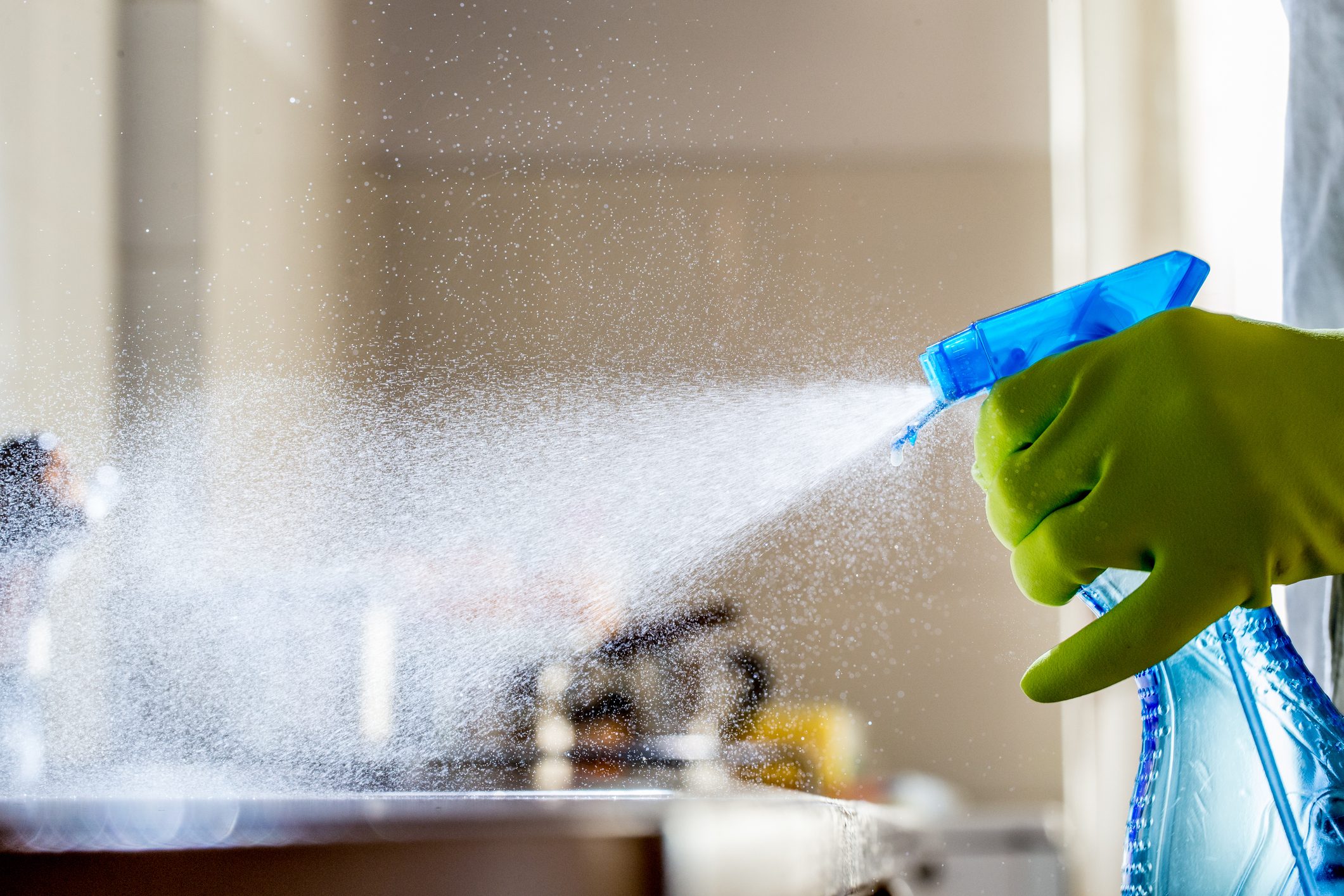




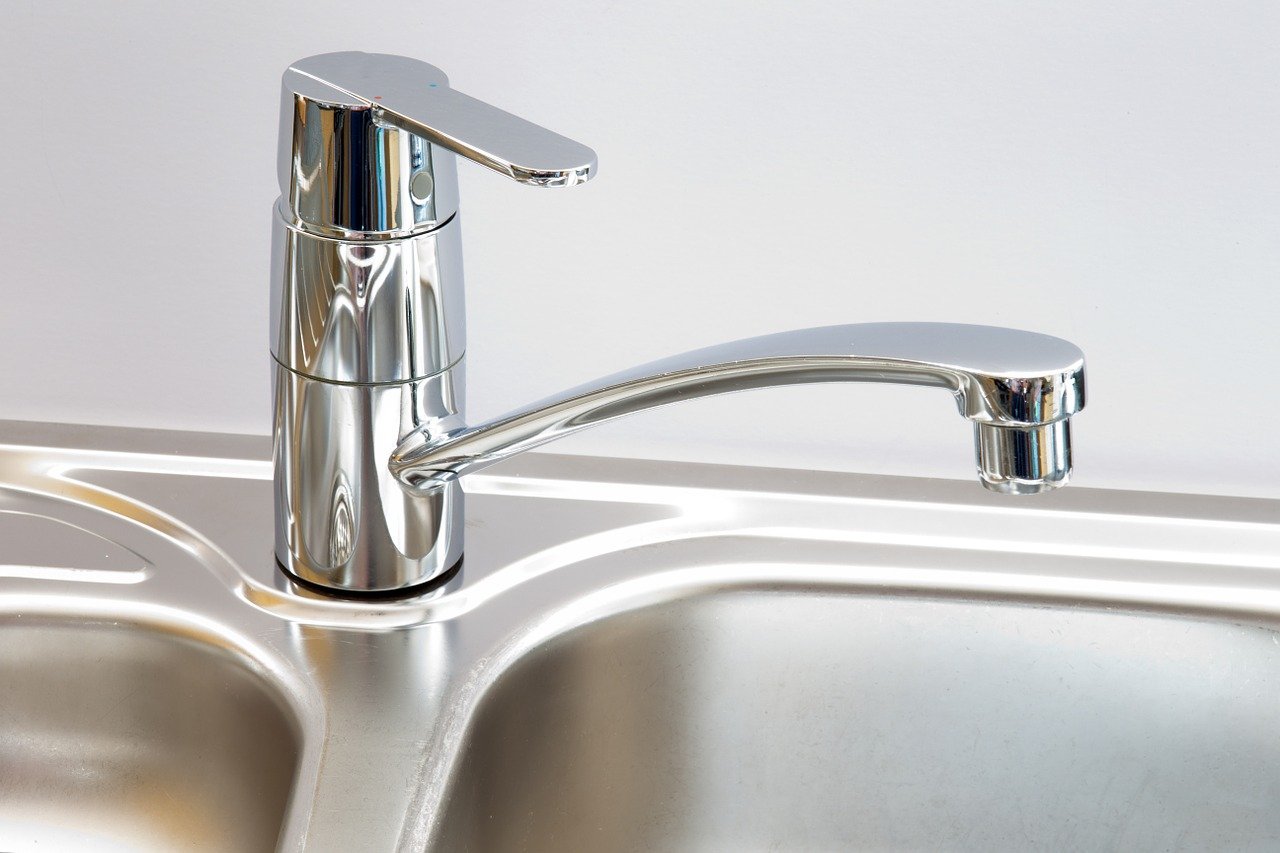




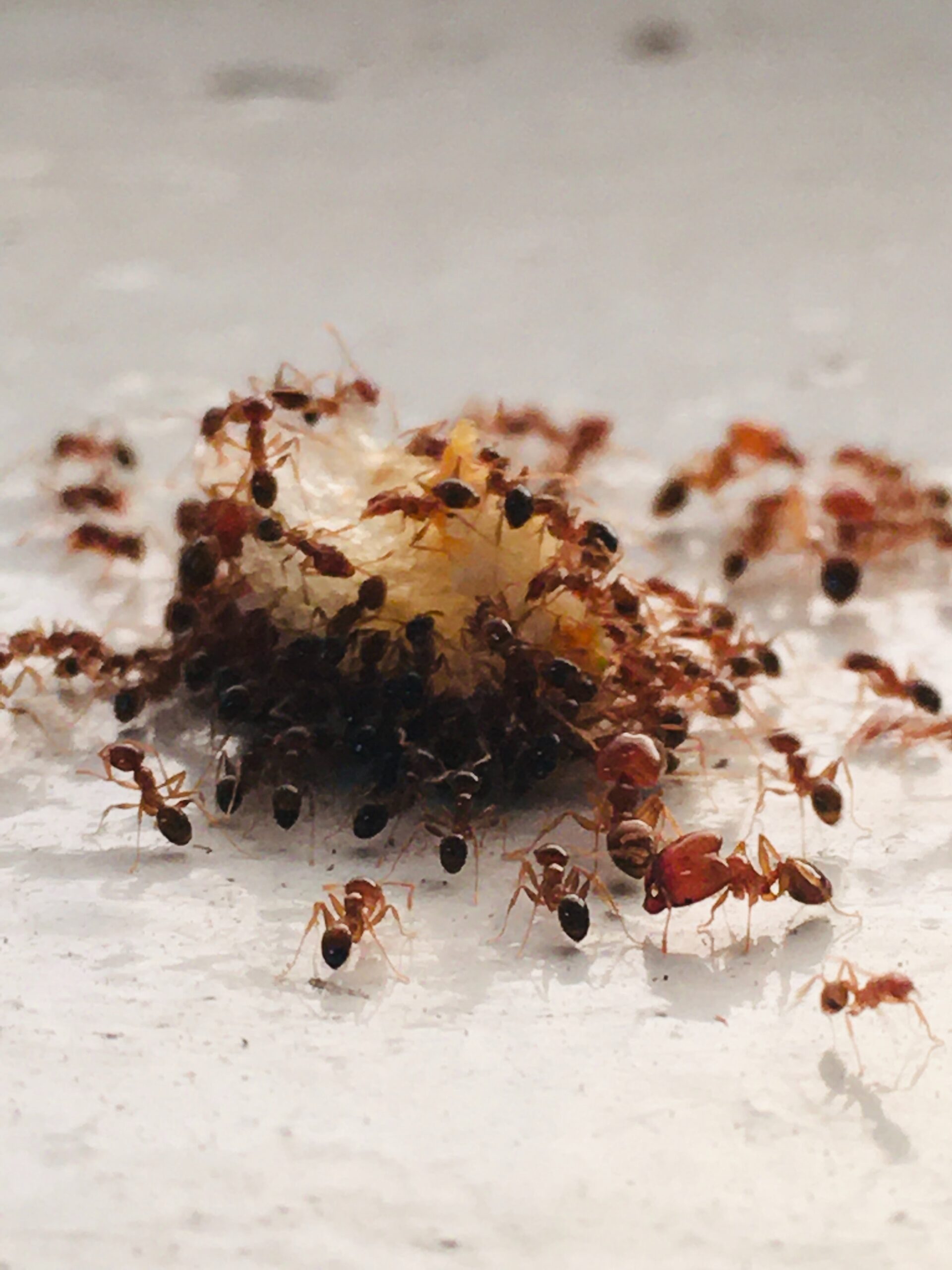

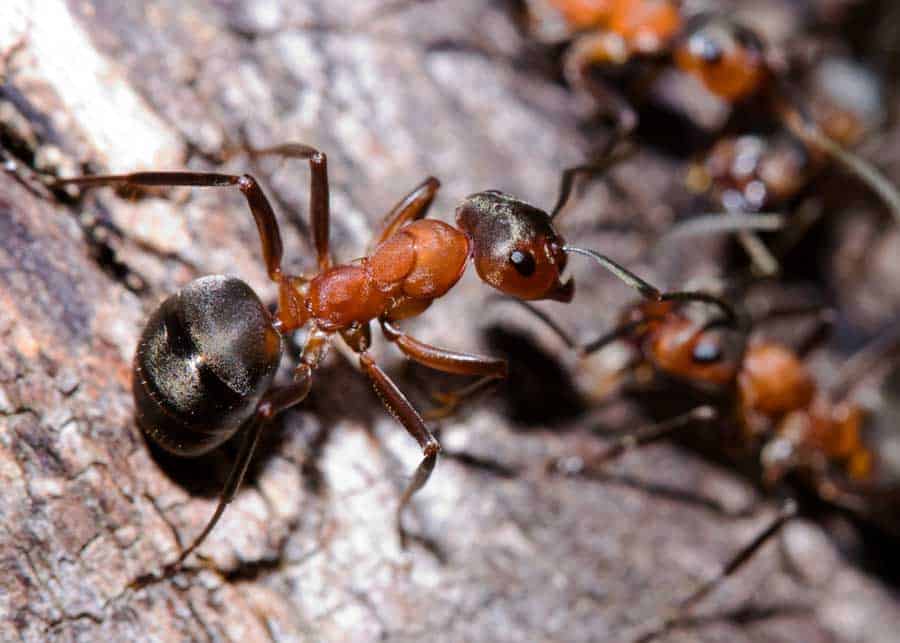
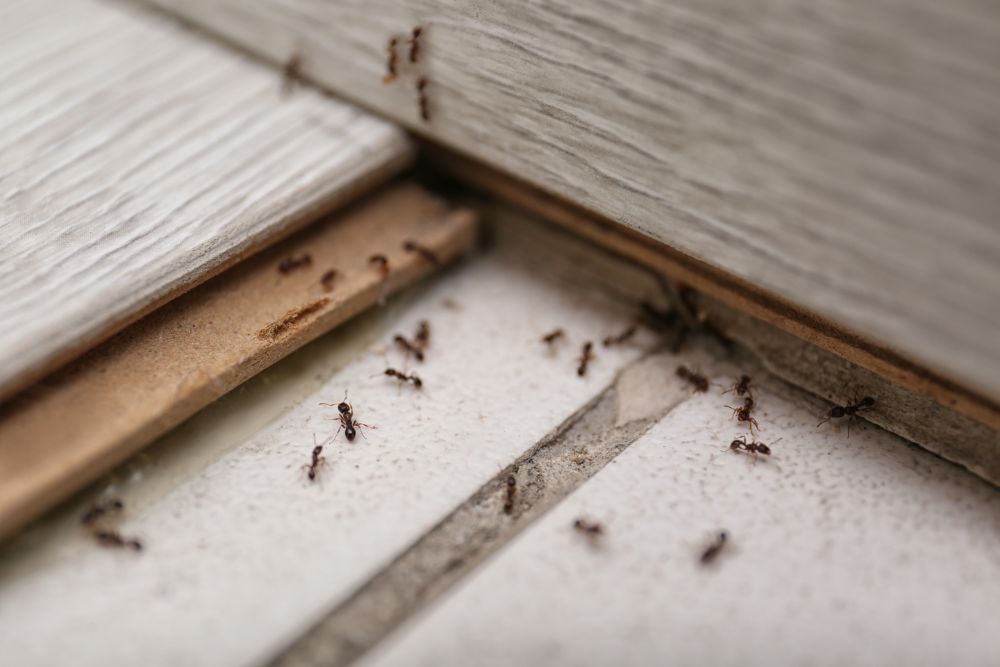

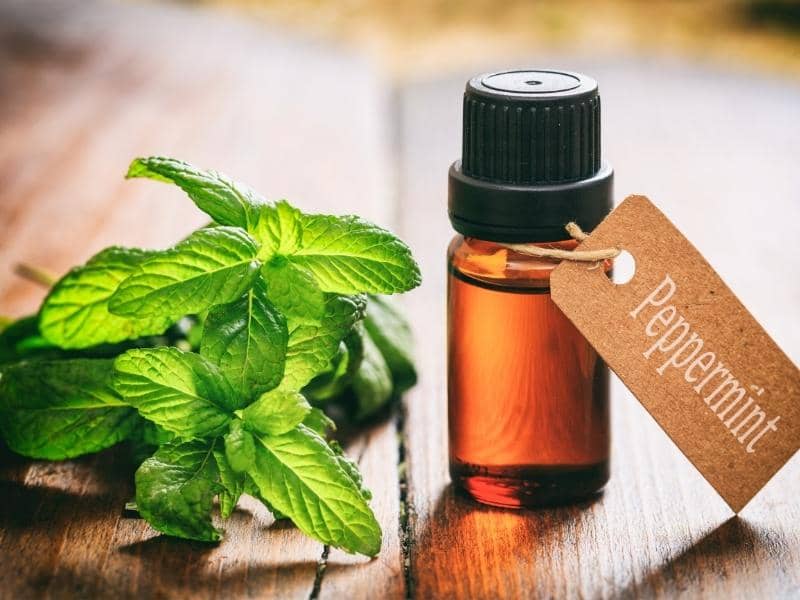



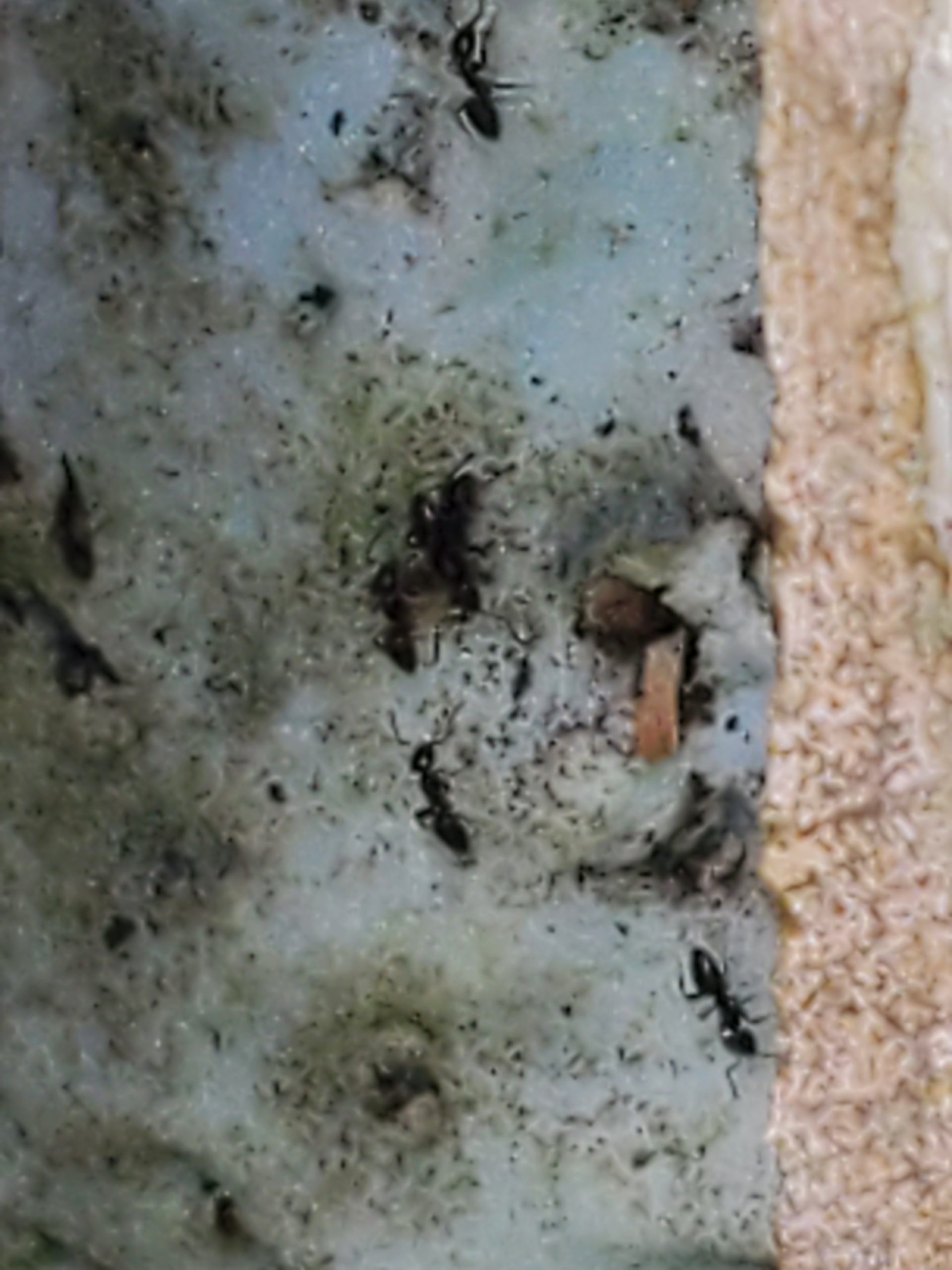

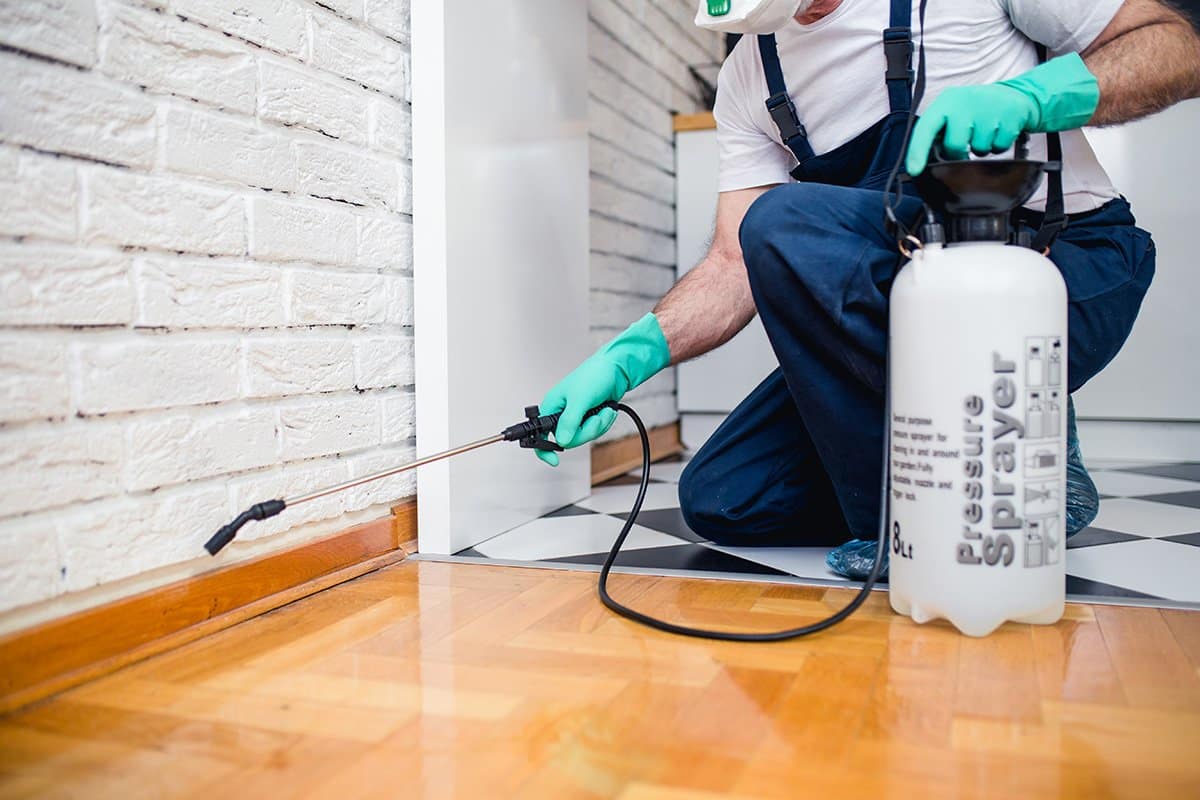

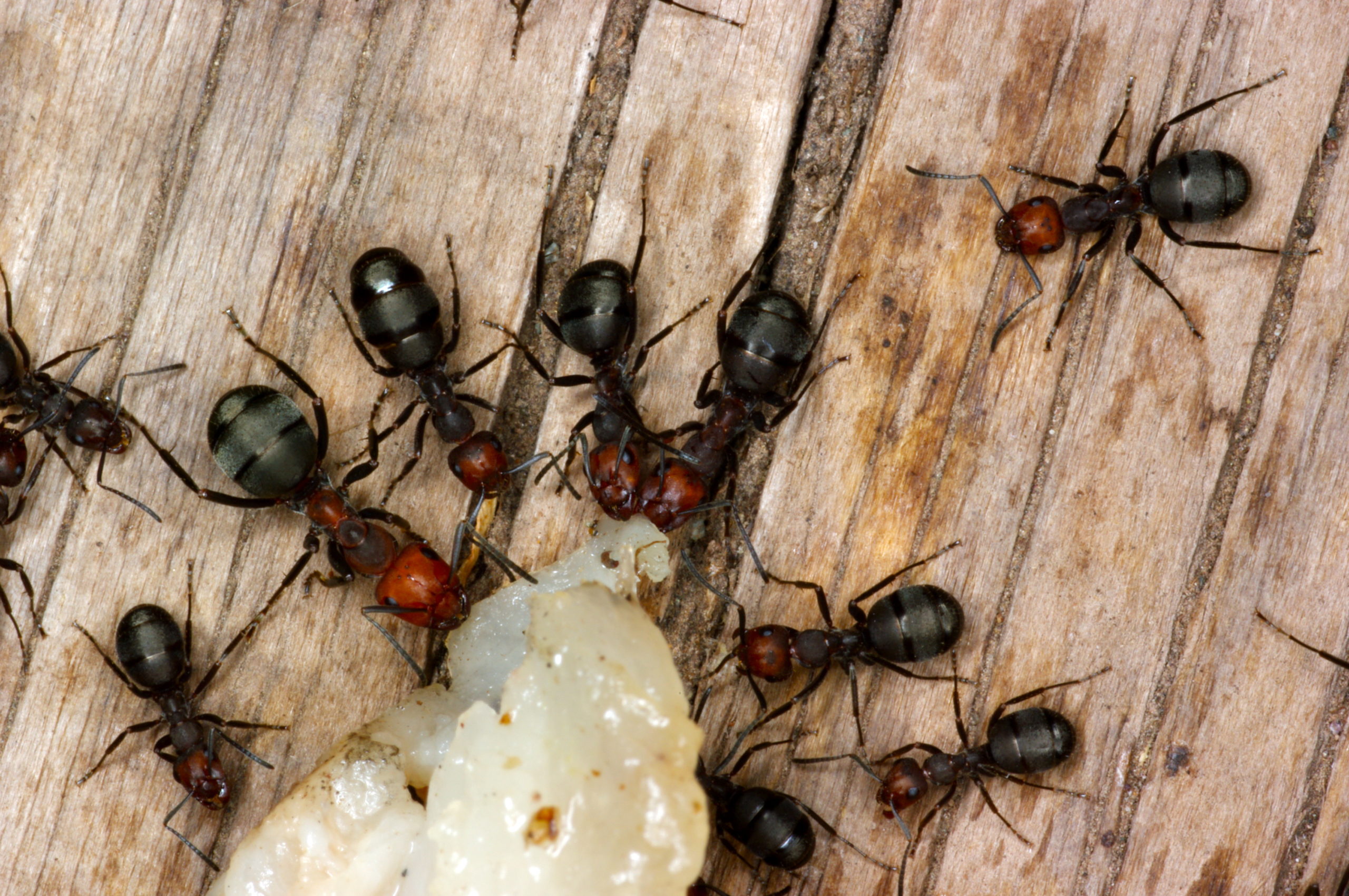
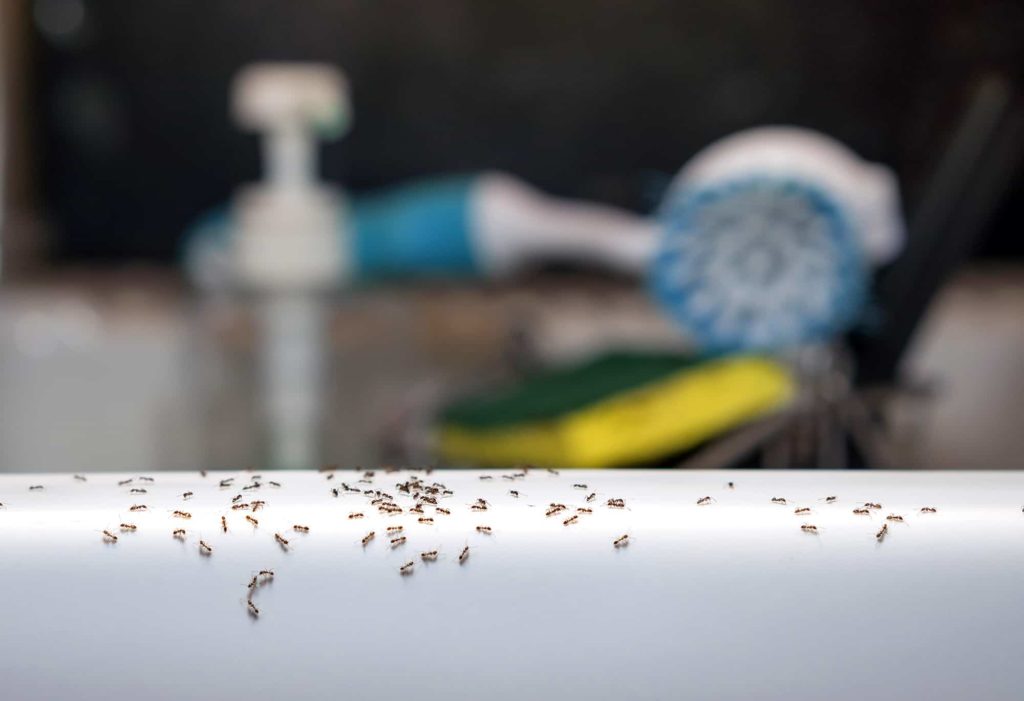
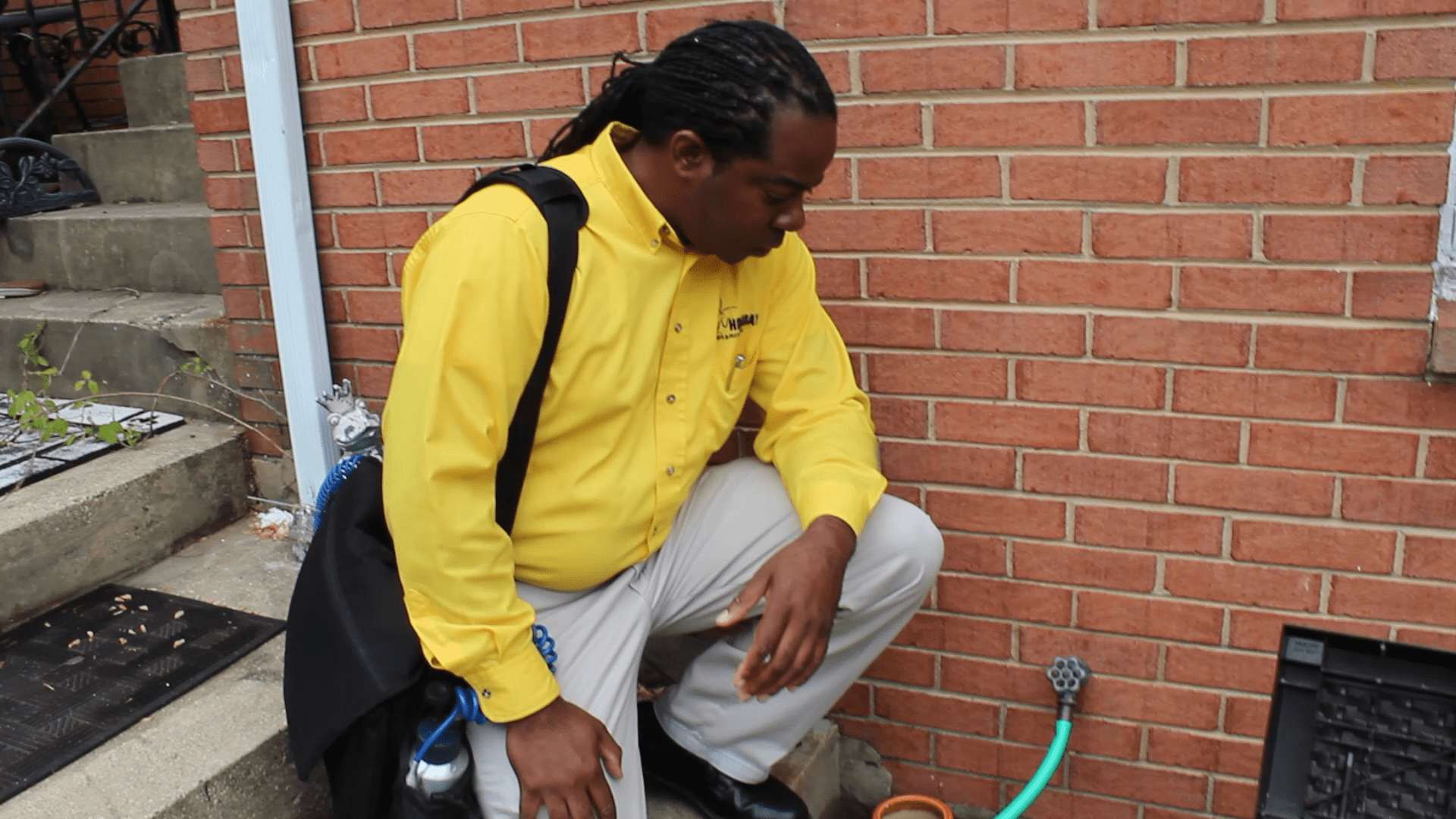






:max_bytes(150000):strip_icc()/Basic-kitchen-sink-types-1821207_color_rev-0b539306b9ef4236a136624ad2a89a4c.jpg)






